Giving Back While Paying Forward
That old saying — “It’s not what you know but who you know” — is not only cynical: It uses the wrong conjunction. It is actually what AND who you know that make a difference in calling and career. Deep knowledge of “what” and giving connections from “whom” are the perfect combination to move a life along.
Examples abound within Hope’s 35,000-plus alumni network of ways that older alums have given back to younger alums and students by being gracious supporters of dreams and ventures and career pursuits. The mentees’ aspirations are informed, affirmed and enlivened and, in return, mentors receive the personal satisfaction of supporting others by paying it forward.
On the pages that follow, four stories of mentors and mentees reveal how people of Hope become, and remain, connected by fields of study and employment as broad and deep as the liberal arts.
Alumni interested in mentoring current students or recent graduates can learn more at: hope.edu/alumni/get-involved
A Shared Call for Music and Ministry
by Josh Bishop
“‘I’m going to be a classical pianist, and I’m going to go to grad school for piano after Hope, and then either tour the world or teach at a college,’” Hope College junior Kennadi Hawes said, giving voice to her academic and career plans when she arrived in 2016.
God had other plans, though.
In 2017, Hawes joined a Campus Ministries worship team. There, “I had my eyes opened to the beauty of working with other people and making music for a different purpose other than just performing solo,” Hawes said. She’s still a piano performance major in the Department of Music, but she’s traded in her plans for graduate school to focus instead on ministry and worship leadership.
And to help her through the whiplash of shifting from one trajectory to another, God gave her the ideal mentor: Lyn Curley ’87 Walker.
Walker, who is the women’s ministry director at Community Reformed Church in Zeeland, Michigan, says she was also an “unconventional” music major during her time at Hope. As a self-taught songwriter who would rather play by ear than read sheet music, she never really fit the description of a typical piano performance or music education major. In the end, she graduated with a degree in music composition.
“Kennadi’s a music major and she’s part of the chapel worship band, so we had a lot of obvious interests in common,” Walker said. Before her current role at Community Reformed, Walker spent more than a decade leading worship at Harderwyk Ministries’ Watershed service and continues to practice a longstanding passion for writing worship music.
Because of Walker’s experiences both at and after Hope, “we’ve been able to sympathize with each other in a lot of ways,” Hawes said.
Hawes knew she wanted to combine her gifts in music with her growing passion for ministry, but she had no clue what that might actually look like. Still, the freedom to ask difficult questions, to respond to subtle nudges, to follow hard paths is one that Hawes said was uniquely fostered at Hope.
“I’m really grateful that I am at a liberal arts school and not a conservatory, because I’ve had the freedom to step back and say, ‘Okay, where else can I dive in?’” Hawes said. “‘I have these passions and giftings, and how can I use them?’ I don’t think I would have had the freedom to do that if I’d gone to a conservatory or a bigger university.”
I had my eyes opened to the beauty of working with other people and making music for a different purpose other than just performing solo.
She answered those questions with a renewed focus on the worship leadership track of her studies in ministry minor through Hope’s Center for Ministry Studies.
Walker didn’t encourage Hawes to make the switch — she had already made up her mind when they first met — but she did help Hawes figure out what it might look like, in part because that’s the life she’s lived.
“She’s coming from a piano performance major and then she’s trying to incorporate this worship leadership, which is a different thing,” Walker said. “We talk about what I’ve learned organizing and managing bands and musicians.”
While their shared interests, skills and unique experiences brought them together, those aren’t the only things the two women talk about during their mentoring sessions — typically 2.5 hours of conversation over coffee at Lemonjello’s or Ferris. They also talk about stress, about relationships, about, in Hawes’ words, “all the things that impact the way that you do life and how well you do life.”
There’s a mutual respect that comes out in conversation with each of them. Here, for example, is what Hawes has to say about Walker’s faith: “Her relationship with the Lord is so inspiring, like she knows Him personally, and it’s just a beautiful vision of what I want for myself.”
Ask Walker about Hawes, and you’ll hear a similar admiration: “Her desire and pursuit of the Lord is contagious,” Walker said.
Walker is quick to point out that her relationship with the younger Hawes isn’t just a one-way transaction. “There is definitely a benefit to me,” she said. “Her curiosity, energy and teachability are contagious. Mentoring is a privilege, but it’s also such a gift to me.”
Another, perhaps unexpected, gift is the experience of making music together. Every so often, Walker and Hawes forego the coffeeshop and instead gather around a piano.
“We like to meet in the Jack and get a practice room and she plays some stuff that she is working on and I play stuff that I’m working on and we just kind of collaborate and brainstorm a little bit,” Walker said.
It’s in the practice room of the Jack H. Miller Center for Musical Arts that Kennadi Hawes’ story comes right back to where she started — though, thanks in no small part to Lyn Walker, in a very different way than she could’ve dreamed.

Modeling a Life of Service
by Josh Bishop
If someone from Michigan’s 4th congressional district — a vast area of more than 13 counties in the central part of the state’s Lower Peninsula — recently called the office of their representative in Washington, D.C., there’s a good chance that they talked to Robert Ruiter.
Ruiter, a Hope College junior from DeWitt, Michigan, has spent the spring 2019 semester as an intern in the office of Congressman John Moolenaar ’83, the district’s representative since 2015. Moolenaar previously served as a member of the Michigan House of Representatives from 2003 to 2008 and the Michigan Senate from 2011 to 2014.
For both Moolenaar and Ruiter, working in the nation’s capital is all about serving the public.
“Everything we do in our office is to serve constituents,” Moolenaar said. “We’re trying to model a life of service.”
When they describe their mentoring relationship, that phrase — “a life of service” — keeps surfacing for both Moolenaar and Ruiter. It’s an ethos that’s modeled in every interaction at the office, no matter how mundane. There’s no item on Ruiter’s internship task list that says, “Learn how to model a life of service,” but he’s picking it up anyway.
“I’m learning to emulate the characteristics of being a great congressperson,” Ruiter said. “I’m learning a lot to take with me after being able to see it first-hand at a place like Capitol Hill.”
“He’s learning things even when he doesn’t realize that he’s learning things,” Moolenaar said. “He’ll hopefully integrate that into his own way of leading.”
Ruiter has been in Washington, D.C., through the college’s Washington Honors Semester program. This program combines academic learning with a weekly internship at an organization in D.C., giving Hope students of any major or interest hands-on experience living, working and studying in the nation’s capital. Previous internships have placed Hope students in locations such as the White House, National Museum of Art, World Bank, American Bar Association and Naval Medical Research Center.
I’m learning to emulate the characteristics of being a great congressperson. I’m learning a lot to take with me after being able to see it first-hand at a place like Capitol Hill.
Ruiter seized on the opportunity to intern with Moolenaar, applying for the competitive position and earning his spot in the congressman’s office.
“He was my first option. I’m from his district, and he’s my congressman,” Ruiter said. Besides, he added, “an internship is the first step you have to take to get involved in the political process.”
The shared Hope connection didn’t hurt, either: “It’s fun to have someone from Hope College in the office,” Moolenaar said. In addition to Ruiter’s initiative and background, he said, “Hope was a special bonus.”
Moolenaar’s own path to public service was less traditional: He graduated from Hope with a degree in chemistry. “I only took one political science class, and I was out of college before I experienced some of the things Robert is experiencing,” he said.
The Washington Honors Semester gave Ruiter the flexibility to do something that’s relatively rare for college students: to intern in D.C. during the academic year, when most students are bound to the lecture hall.
“A lot of people can only do it in the summertime, when the legislative calendar is not as active and there are a lot of students. Robert was able to make a commitment during a busy time when there aren’t a lot of people,” Moolenaar said.
Ruiter spends at least 32 hours each week (more when Congress is in session) at Moolenaar’s office, where he responds to phone calls and letters from constituents in Michigan’s 4th District, follows up with them as their concerns are resolved, helps other staffers with their work, and generally gets an up-close, congressional experience.
“It’s encouraging to see someone jump in and get this hands-on learning and experience. To see Robert grow through that has been great,” Moolenaar said.
The growth isn’t just preparing Ruiter for a job in politics, it’s preparing him for (here comes that phrase again) a life of service, whatever career path he chooses.
“My plans are up in the air,” he said. He might pursue politics, sure, but he’s also thinking about law school.
“If I want to pursue a political career, now I know what it’s going to be like. I have a taste for it, and it will help me discern my career,” Ruiter said. And if he picks law school, “working on Capitol Hill is giving me the front-row seat to witness the legislation process.”
If anything, Moolenaar’s unlikely career preparation at Hope — from chemistry major to the halls of Congress — shows that Ruiter doesn’t have to make up his mind quite yet. Whatever he picks, he’ll be ready.

East of Hope, A Scientific Connection
by Eva Dean Folkert ‘83
In Boston, Massachusetts, Dr. Brett Bouma ’86 and Yong-Chul Yoon ’18 weave together highly technical knowledge from two scientific worlds. Between the fields of medicine and physics, from the campuses of Harvard University and the Massachusetts Institute of Technology, the two Hope alumni — one for more than two decades, one newly inaugurated — go about the work of developing new technologies for specific medical advances.
And their Hope connection played a role in where they each are today.
Bouma has held a joint appointment at both Harvard Medical School and MIT since 1997, while Yoon is a nascent graduate student at both. The unique, prestigious and competitive program to which they belong educates students toward doctorates in engineering or physics from MIT while also providing dual enrollment in med-school classes for two years at Harvard. The goal is to train students for technical depth in engineering or physics while at the same time giving them a fuller understanding of the facts, language and practice of medicine. After six years in the dual program, students like Yoon emerge with the ability to transform human health in a myriad of different ways.
“The students who we bring into the program are amazing, just astounding,” says Bouma. “I chair the Ph.D. admissions committee, and it just freaks me out how good these students are.”
Bouma was actually familiar with Yoon’s application and freakish credentials (summa cum laude with five academic-department awards) long before they even hit his desk. Hope’s Dr. Stephen Remillard, professor of physics and department chair, had encouraged Yoon to reach out to a few alums who worked at the rare intersection of technology development and medicine, a place the Hope undergrad wanted his future to be.
So, during his junior year, Yoon sent several emails, especially noticing Bouma’s impressive titles: professor of dermatology and health sciences and technology at Harvard Medical School; physicist at Massachusetts General Hospital; director of the Center for Biomedical Optical Coherence Tomography (OCT) Research and Translation.
That man must be crazy busy, Yoon thought. And of course, the Bostonian was. Who wouldn’t be with three different appointments? But as it turned out, the Harvard/MIT prof was the first person to reply to Yoon’s inquiry.
It’s nice to have a mentor like Dr. Bouma who understands the transition from Hope to Harvard and MIT. Whenever I set up a meeting with him, he’s always asking how I like Boston or how classes are treating me. He really cares and gives very good guidance, and I appreciate his honest feedback.
“He wrote back that he was receptive of the idea that I was interested in medicine and technology development,” Yoon remembers. “After that, we set up a Skype meeting, and that’s how we met: virtually.”
“He double majored at Hope in demanding fields [chemistry and physics] and persevered,” Bouma adds. “That really impressed me from the start.”
A summer research institute at MIT, for which Bouma encouraged the Hope student to apply, was actually where their mentor-mentee relationship started. “He came into that summer program [in 2017] and worked in my lab for eight weeks, went back to Hope for his senior year, and then got excited about returning to the graduate program,” Bouma says. “Honestly, he was a shoe-in.”
Though his formal training is in physics, Bouma’s specialty is fiber optics and medical imaging. (His research has led to over 300 issued/allowed patents, with over 100 additional patent applications pending.) Recently, he’s focused on discovering imaging modalities to better “see” lesions in coronary arteries that cause heart attacks. He and his research team are developing methods that allow them to capture images from inside a living heart to better understand what distinguishes an asymptomatic patient from one with symptoms of heart disease.
Yoon hopes one day to do much of the same, to discover the ways light’s depolarization process can be used to image the surface of other biological issues. This noble and intricate research fascinates him even as the work ahead may inundate. But he’s getting by with a little help from his advisor.
“People really want to work their butts off here,” Yoon proclaims emphatically. “I feel that pressure, but it’s a good kind of pressure. At the same time, it’s nice to have a mentor like Dr. Bouma who understands the transition from Hope to Harvard and MIT. Whenever I set up a meeting with him, he’s always asking how I like Boston or how classes are treating me. He really cares and gives very good guidance, and I appreciate his honest feedback.”
“Yoon is a practical, unpretentious, down-to-earth person,” Bouma describes. “In the first year, students who come in are a little bit intimidated by Harvard and MIT, yet it doesn’t take them long to realize that all of their peers are like them. They’re just everyday people who happen to be scientifically outstanding.”
That kind of mentoring wisdom which he imparts is something Bouma saw modeled with sincerity and regularity at Hope. To this day, he still remains in frequent contact with Dr. Peter Gonthier, professor of physics and his Hope faculty mentor who “not only taught me physics and included me in his research but showed me how and why caring about students’ growth as people is important.”
“I never had anything but good professors at Hope,” he continues, “but there were several people like Peter who really transformed my life, and I have a great sense of gratitude. Because of that, that first email from Yong-Chul couldn’t go unnoticed.”

The Forward Pass of Wisdom Through Experience
by Eva Dean Folkert ‘83
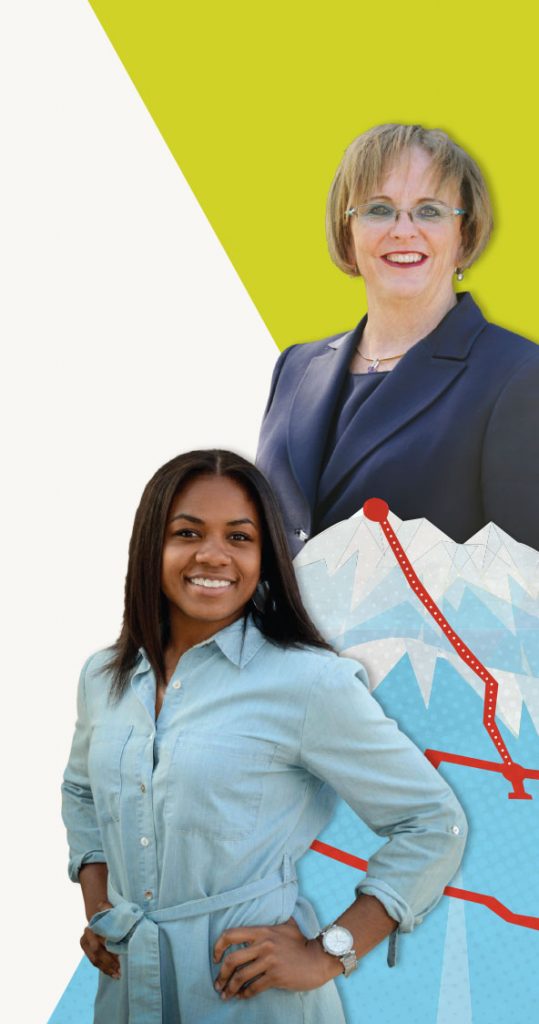
When Angelique Gaddy ’17 sits in a graduate classroom for a sports management degree at Western Michigan University (WMU) and sees that she’s one of the few — if not the only — women among many men in that space, she does not let herself get discouraged. Instead, Gaddy recalls the words of her mentor who experienced similar gender differences in her studies and career, and the young woman bucks up. She knows the trail, once rarely trod by females in the field of intercollegiate athletic administration, is getting a bit more recognizable now. The way has been blazed because of women with staying power like Kathy Button ’78 Beauregard, who has been walking it well for 22 years.
“It’s really about just being able to hold your own because you know what that looks like when you do,” says Gaddy, who was a basketball student-athlete at Hope while double-majoring in business and communication. “You know that being yourself like Kathy was, and is, got her where she is today. Being able to actually see a woman in her position has allowed me to hold strong to what I want and not get discouraged when I am in a setting or applicant pool that’s disproportionate.”
Though the number of women serving as athletic directors at colleges in the NCAA has almost doubled over three decades (19.5% in 2018, vs. 11% in 1990), it still lags far behind men in the same positions. Beauregard has felt the heft of that disparity since 1997, when she was appointed athletic director at NCAA Division I WMU. Today, she is the longest-serving athletic director in the Mid-American Conference but still only one of nine female athletic directors at the 130 Football Bowl Subdivision schools.
“It sure was an honor to have [Angelique] look at my career and think, ‘Well, maybe that’s what I want to do some day,’” says Beauregard, “because, honestly, I did not have the opportunity to grow up and think that I could ever be an athletic director at this level because there were hardly any. Nor did I really even know what that job was like in [Division I].”
You know that being yourself like Kathy was, and is, got her where she is today. Being able to actually see a woman in her position has allowed me to hold strong to what I want and not get discouraged when I am in a setting or applicant pool that’s disproportionate.
Of course, after more than three decades at WMU, first as a coach (of women’s gymnastics for nine years) and then as an administrator, Beauregard has more than a good handle on what the work entails. And because she does, she has forward-passed along her wisdom to Gaddy in one-on-one meetings and in extending her network. “Kathy took me through Western’s entire facilities and introduced me to a whole bunch of people there,” Gaddy remembers. “That was eye-opening coming from Hope to see everything that goes into athletics at Western.”
“What I really wanted to do for her was give her an idea of the differences between Division III and Division I,” explains Beauregard. “Hope has all the things that we have; we just have a lot more people doing it.”
The two Hope grads, separated by almost 40 years between grad dates, then sat down and talked about their Hope experiences — the similarities (such as their shared love for the marriage of academics and athletics at the Division III level) and the differences (time’s steadfast advance makes those too many to recount here). “It all was actually really cool to hear because it allowed me to get a grasp on how she ended up where she is now,” Gaddy says. “For her, it had to be very strategic. She felt she couldn’t ask for too much as a woman back then. So, Kathy really did challenge me. She said, ‘Don’t feel like you’re overstepping your bounds. There may be a lot of times where you might feel like you shouldn’t be pushing for this, or asking that, or even applying for a certain position. But you have to push ahead and ask and apply.’ I really appreciated hearing that.”
The experienced AD also connected the up-and-comer with a unique opportunity that few sports management students have — the chance to have national exposure on ESPN. Well, not initially but eventually. Through Beauregard’s introduction of Gaddy to WMU’s associate athletic director for media, Robin Hook, the freshly-enrolled grad-school student landed the role of color analyst for Bronco women’s basketball games on radio and television for the entire 2017-18 season, even appearing once on ESPN3. “That was a crazy, fun opportunity,” declares Gaddy, who will graduate with her master’s degree this June. “I’m grateful for that, but, really, I’m grateful for everything Kathy has shown and taught me.”
As for Beauregard, the chance to get to know and help a fellow Hope alumna has been both satisfying, refreshing and necessary. She’s been inspired by Gaddy’s energy and professional potential, she says, because she totally knows whence Gaddy has come.
“Working with student-athletes or grad students, that’s why I do what I do. It’s really all about them. And this time, on top of that, it’s been nice to be able to connect with someone from my alma mater. . . I have no doubt that it won’t take Angelique long to find a career,” the DI AD predicts.
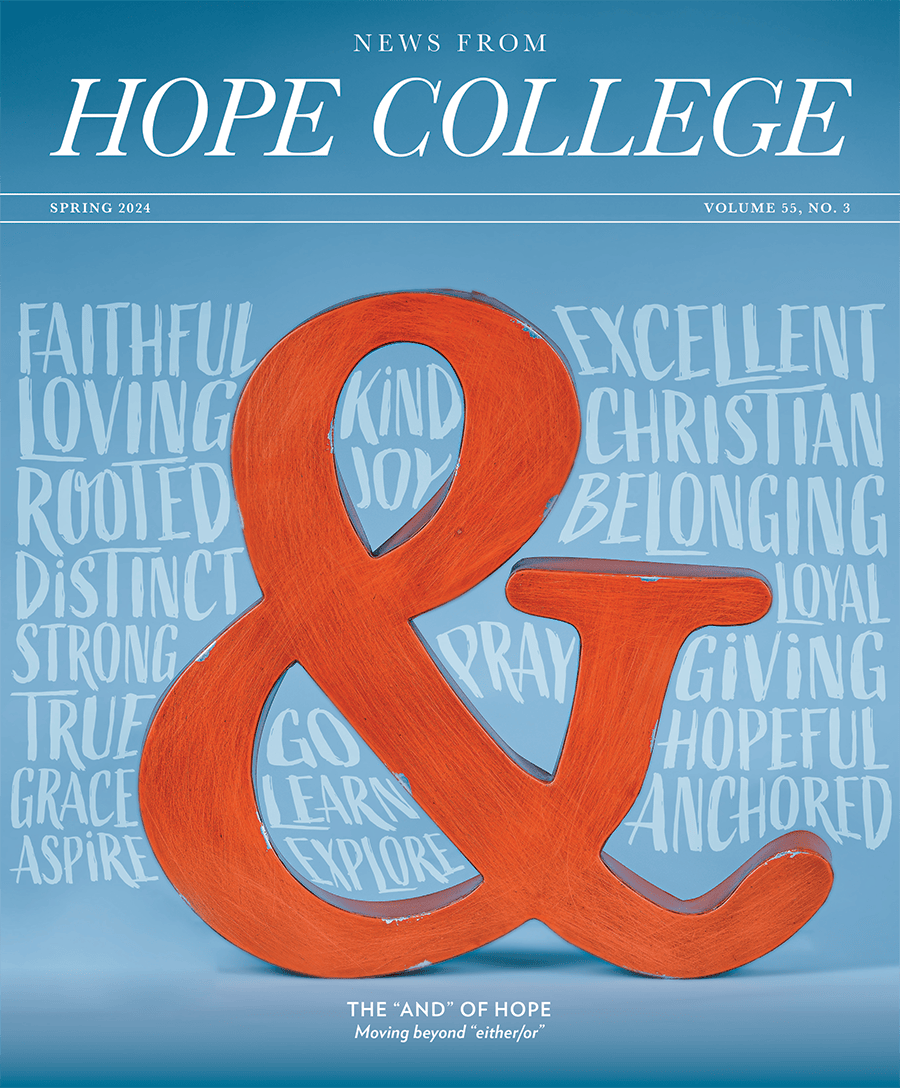
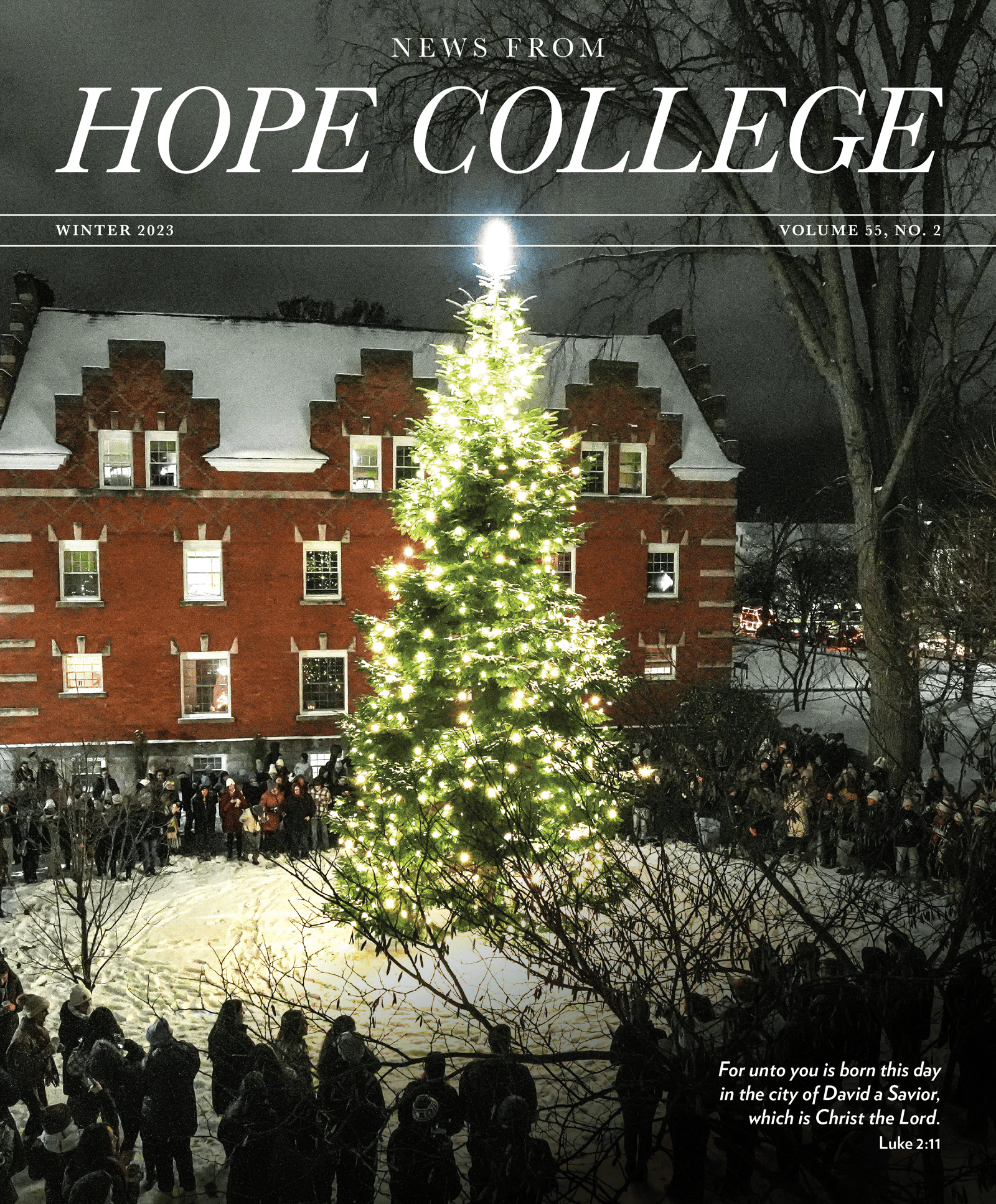
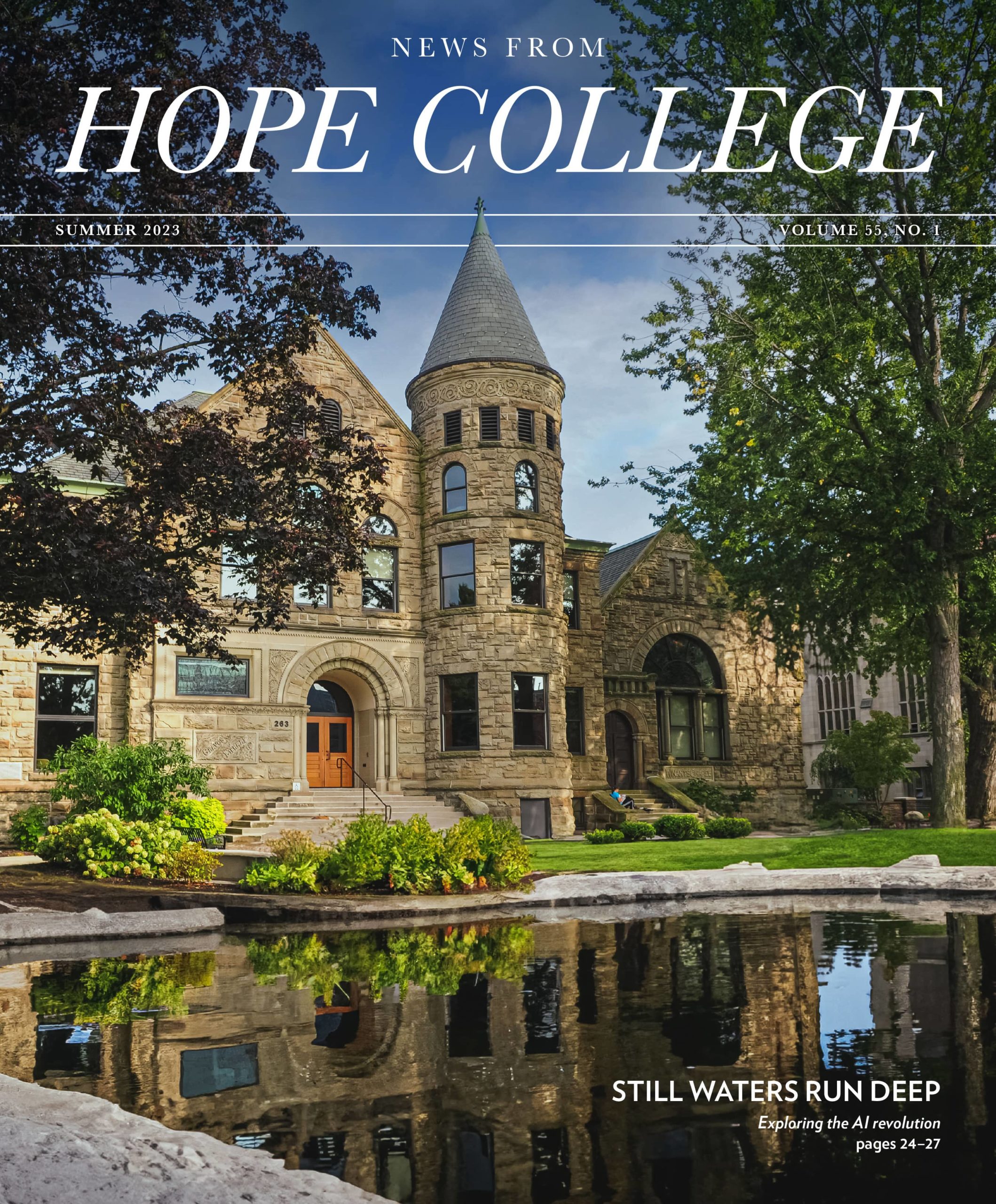
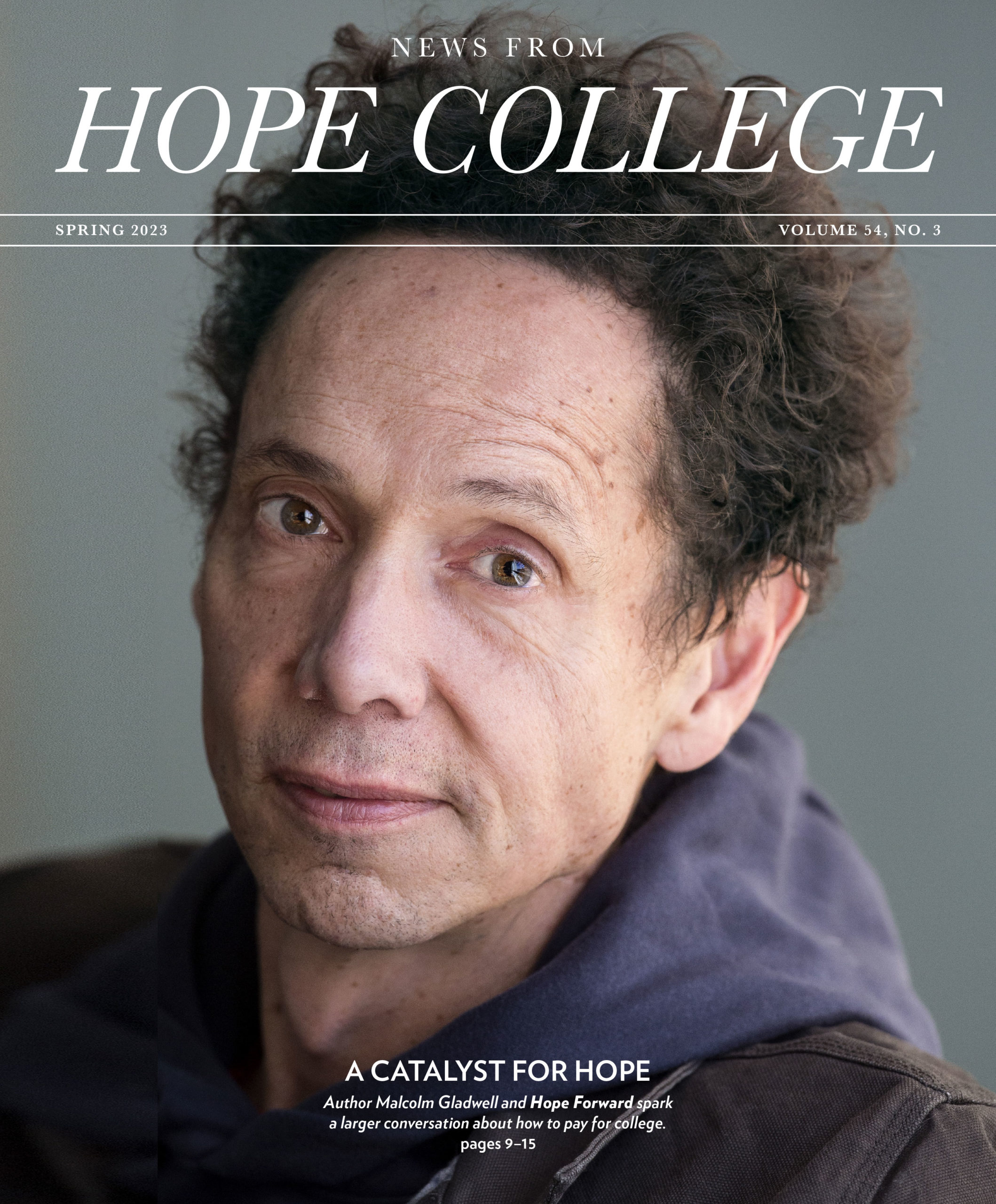
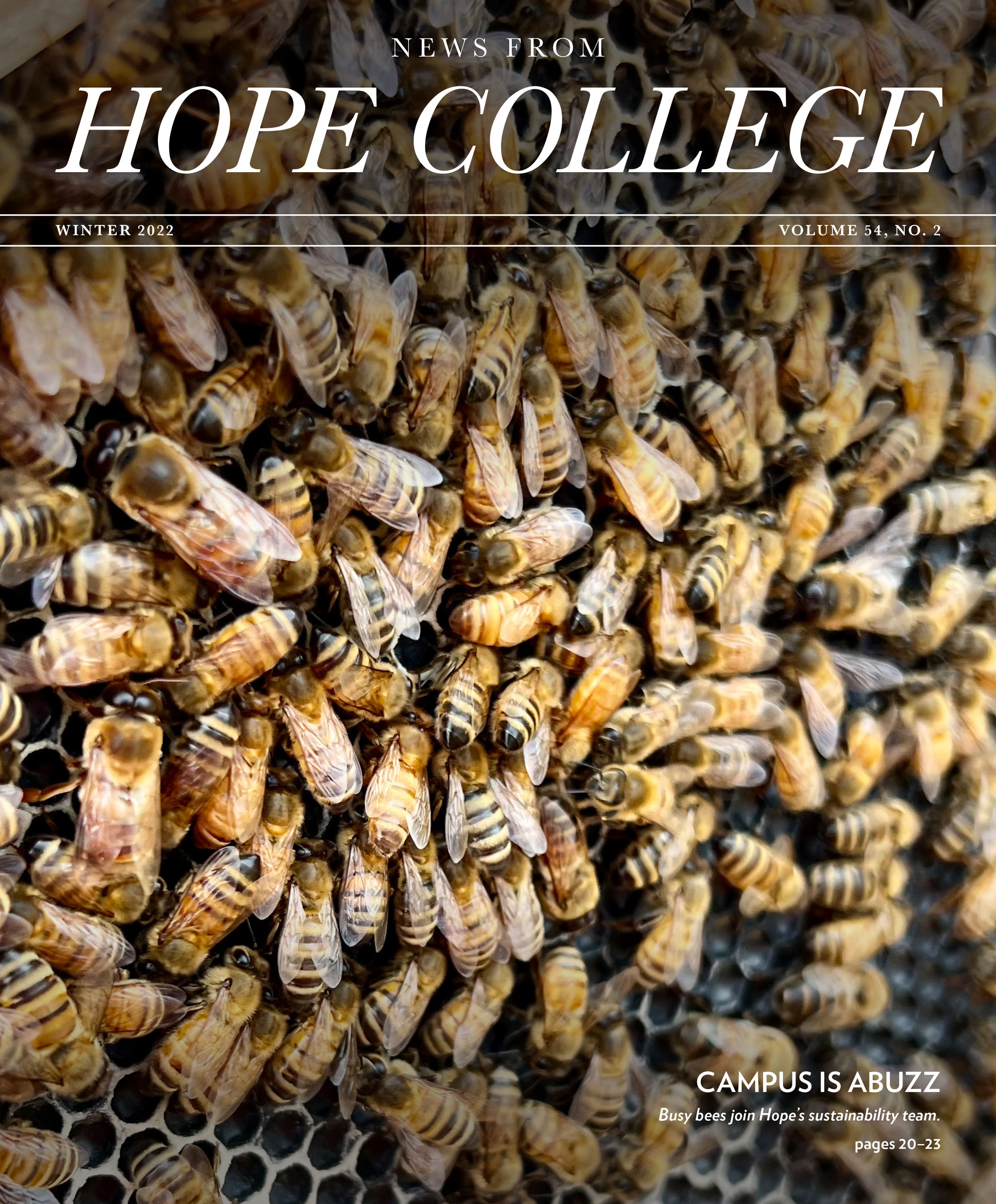
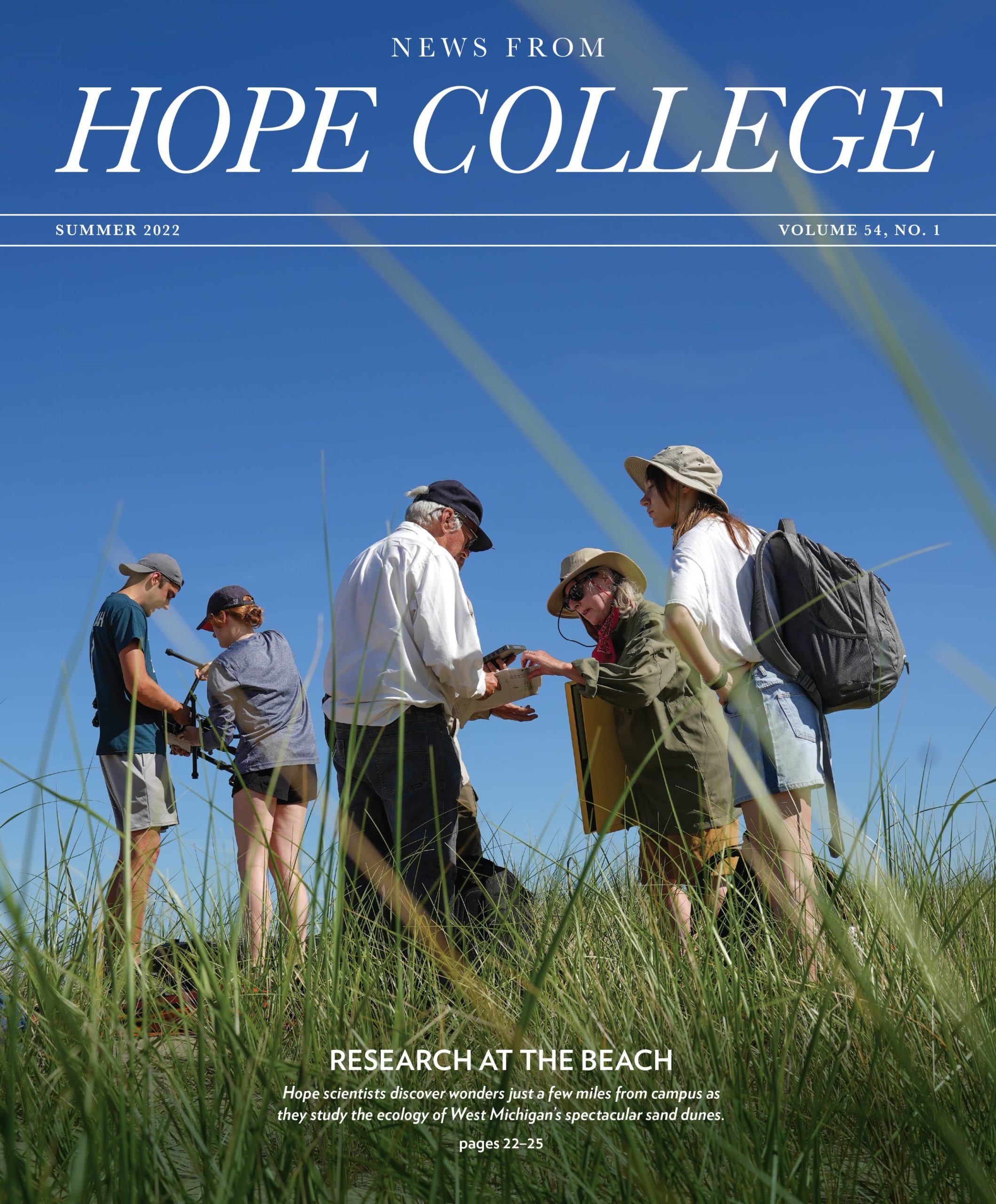
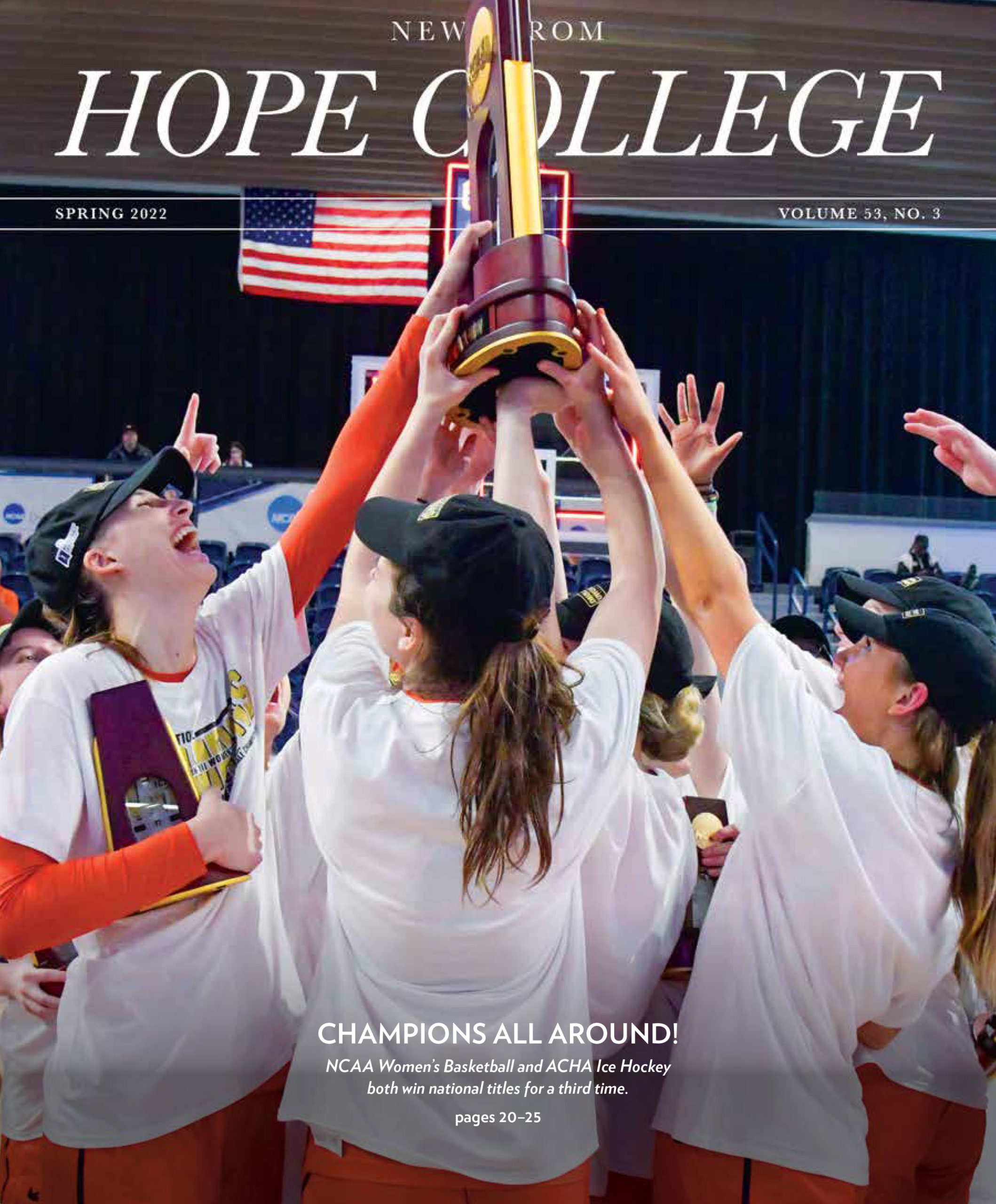


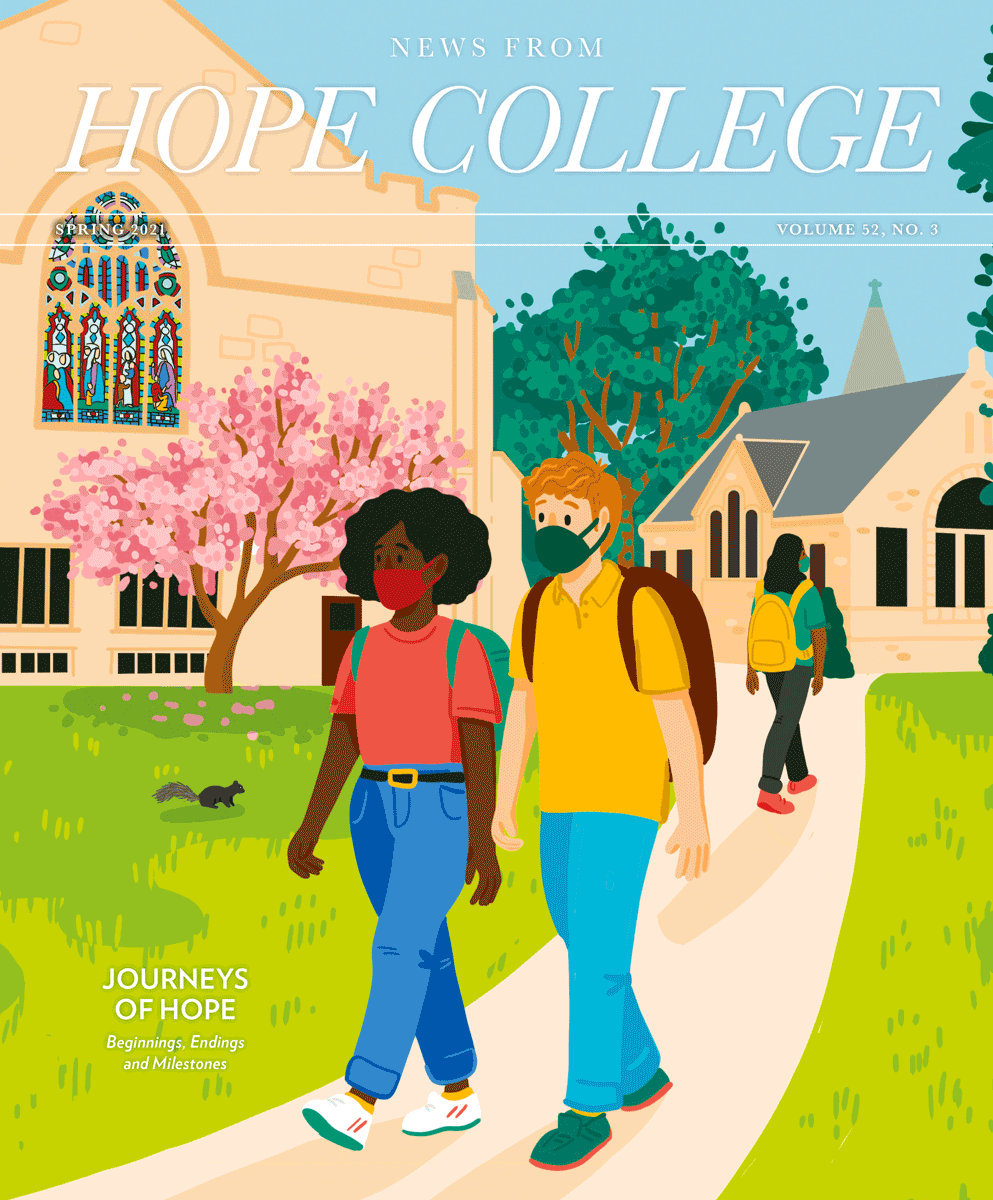
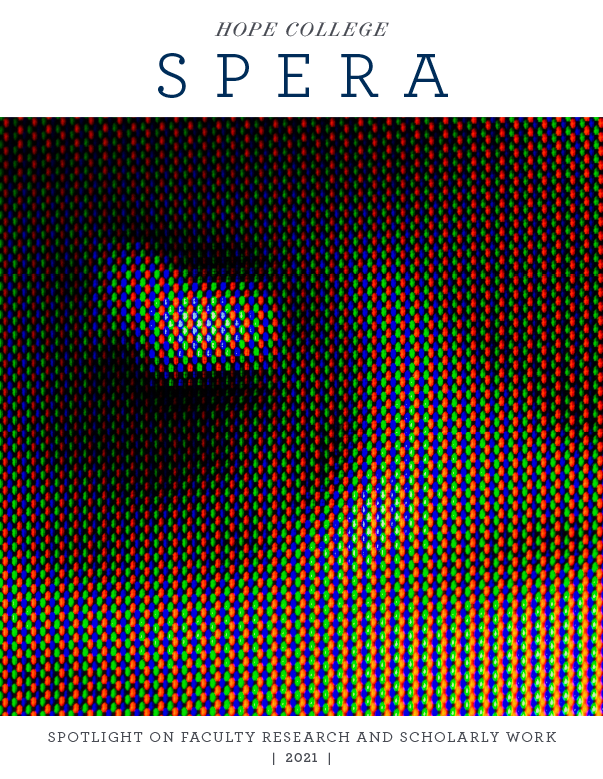
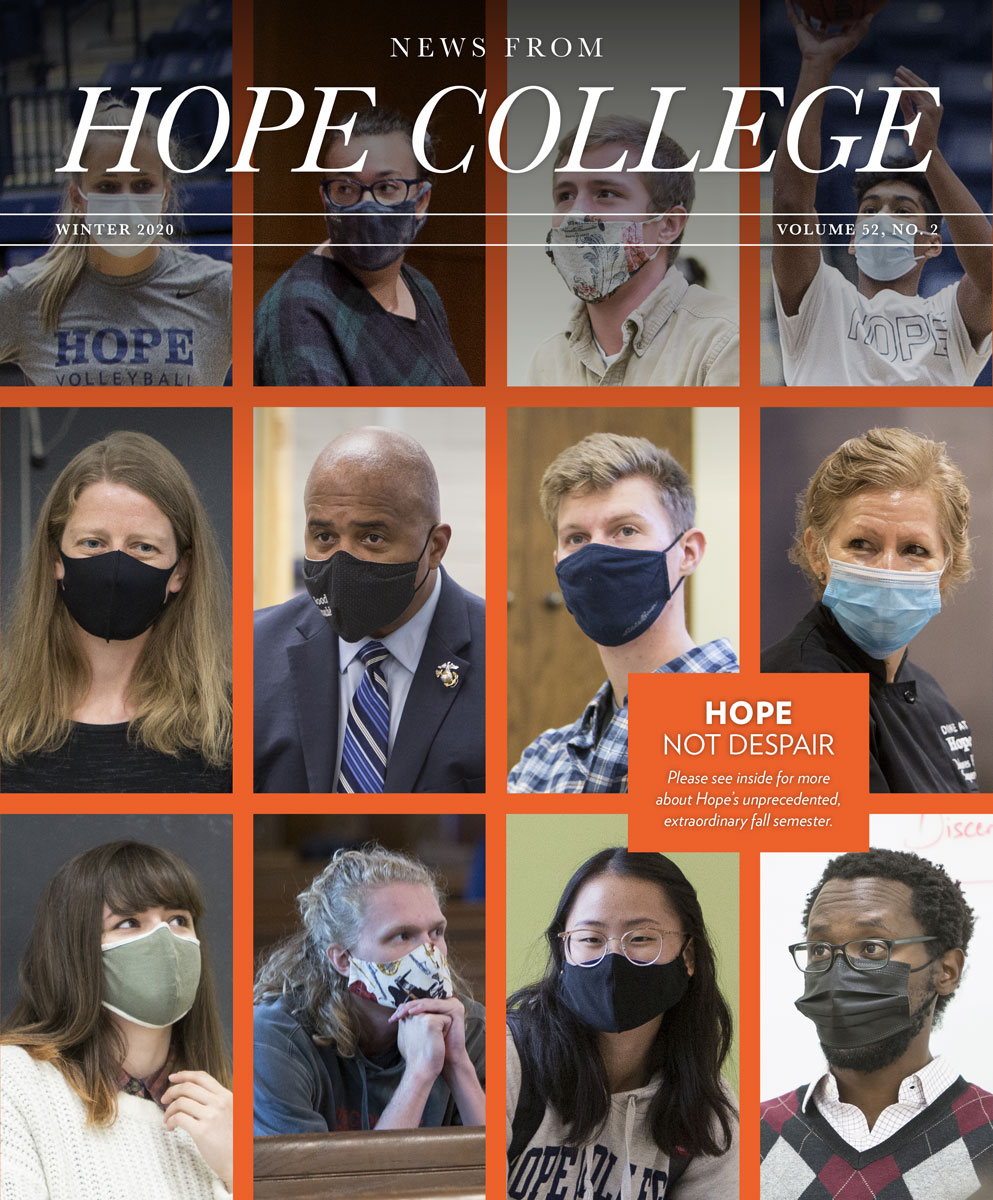
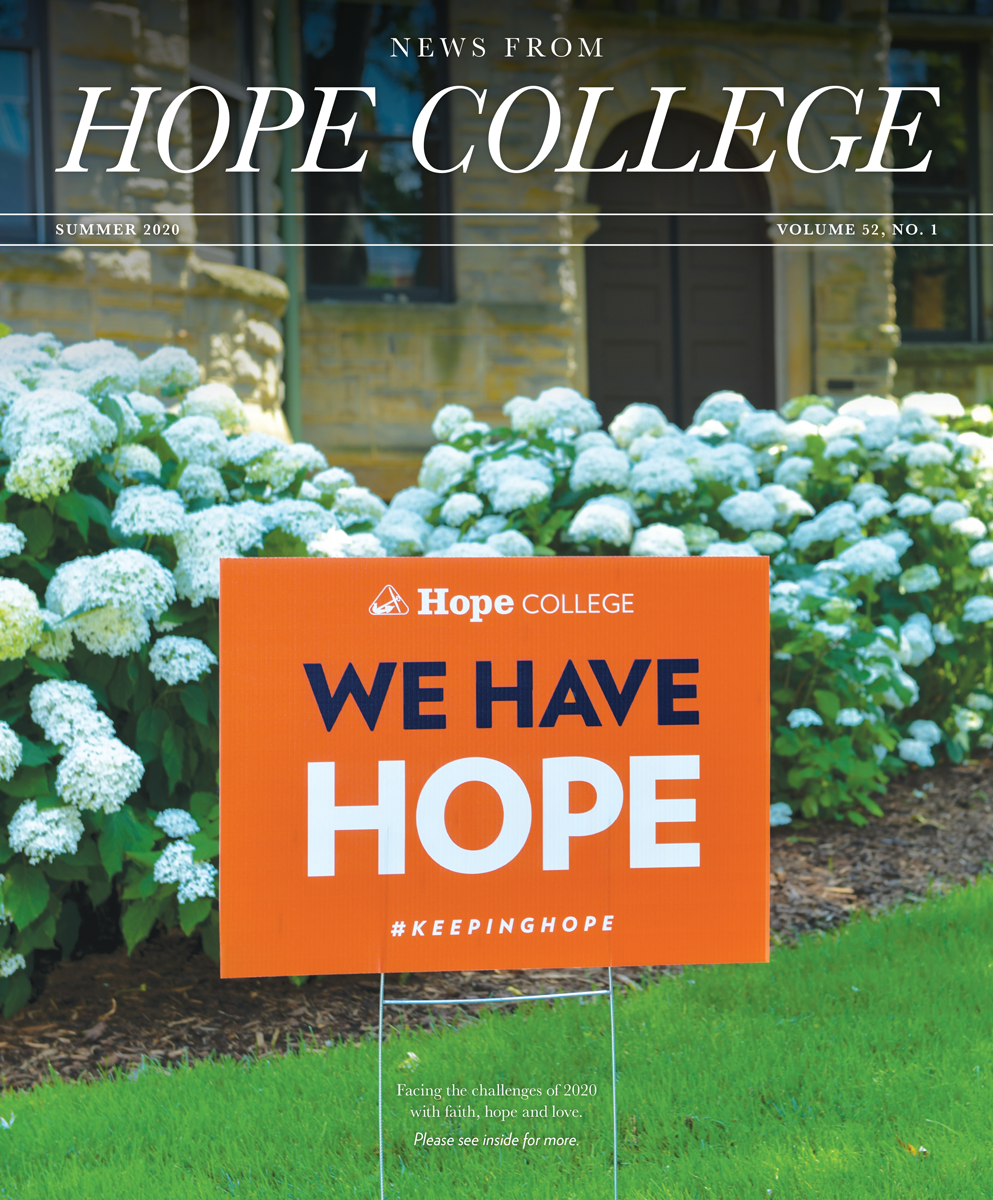
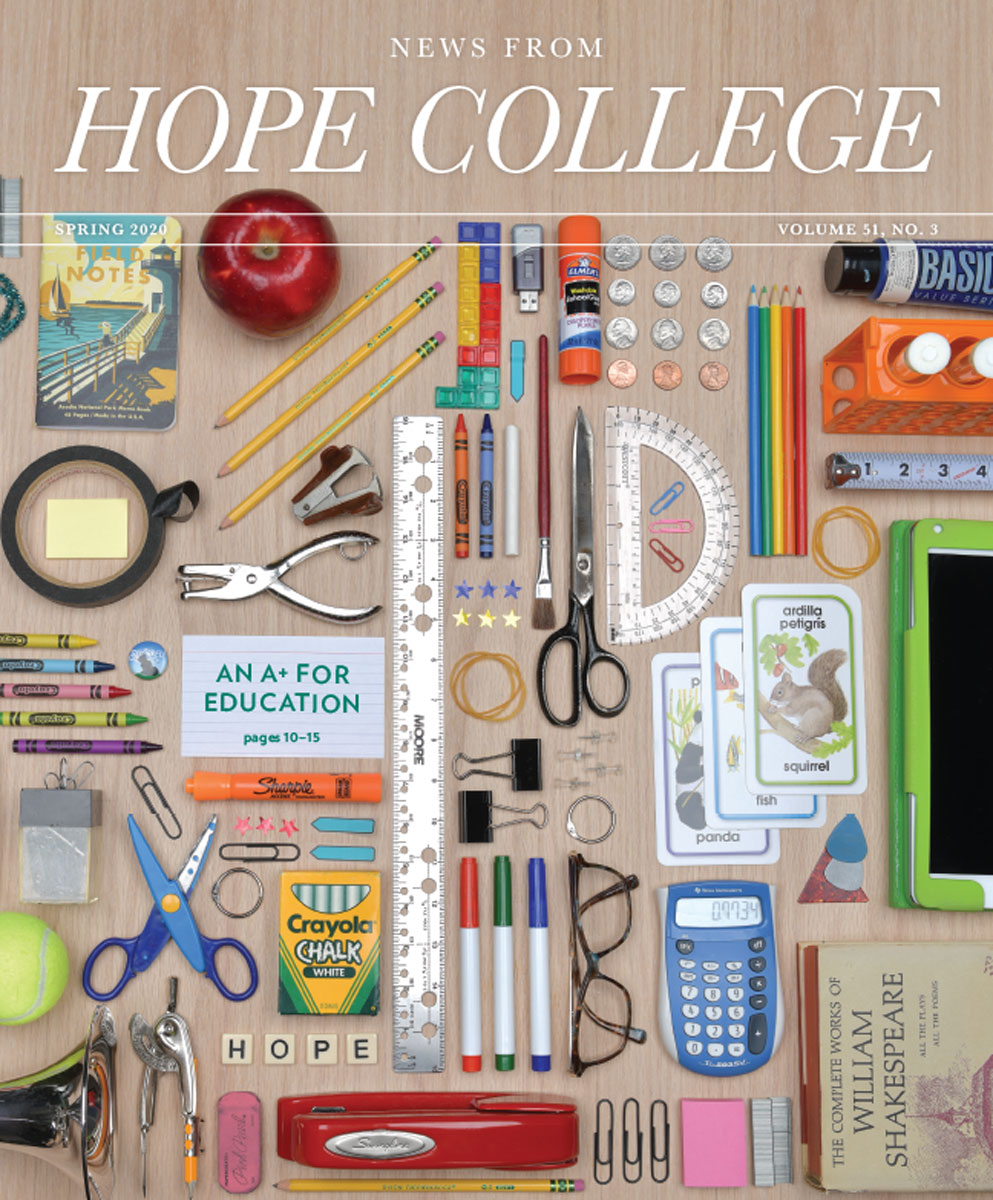

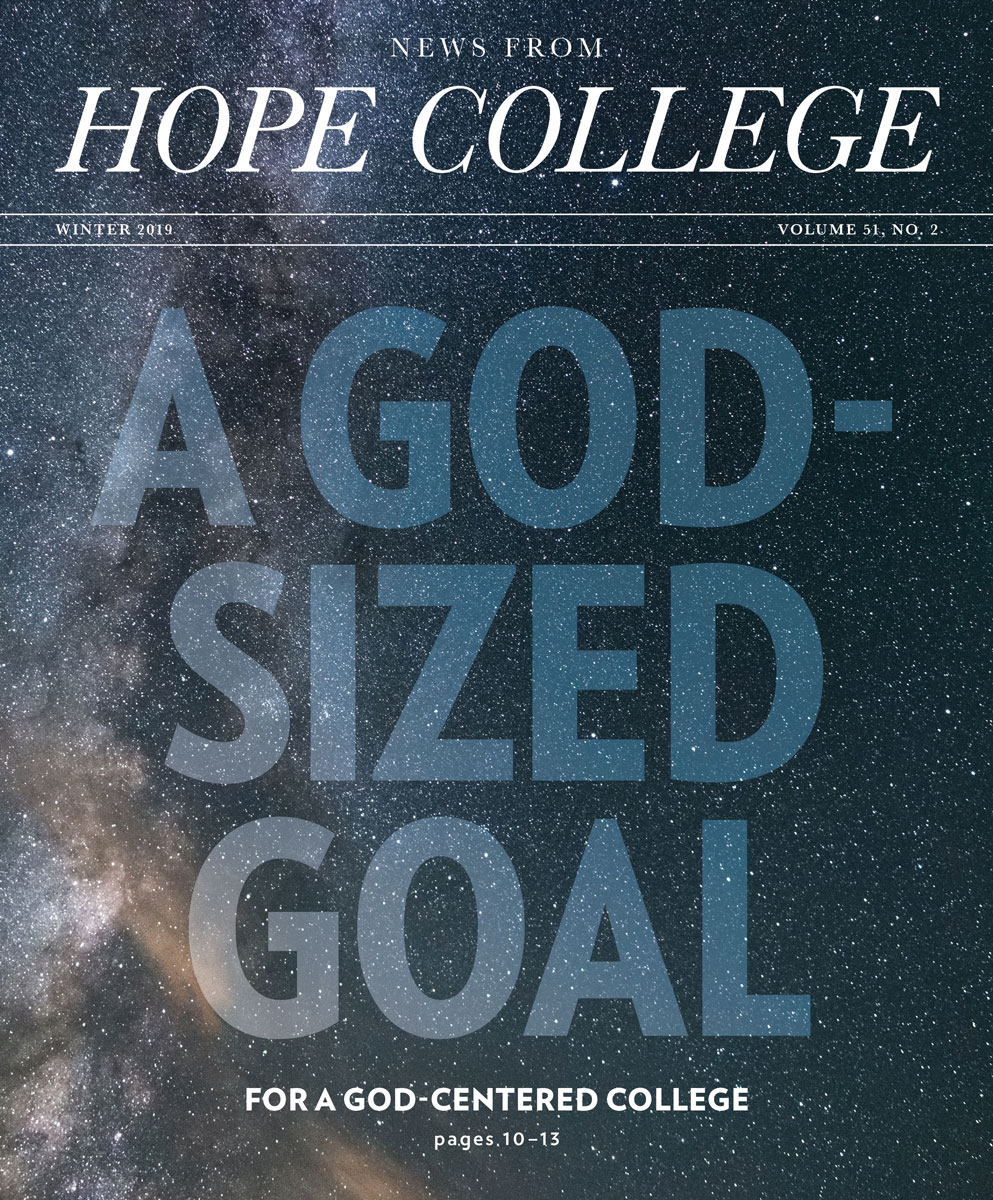
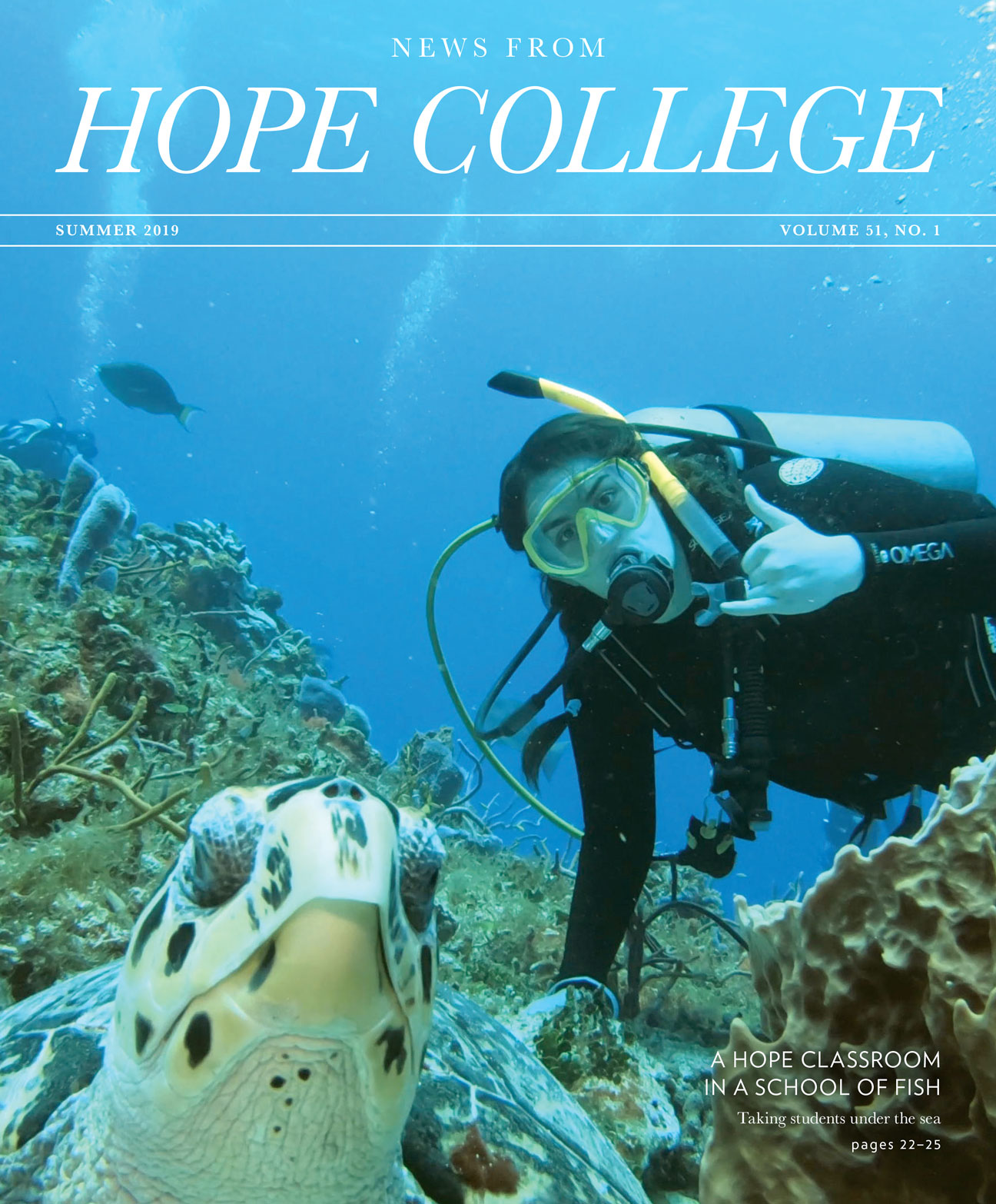
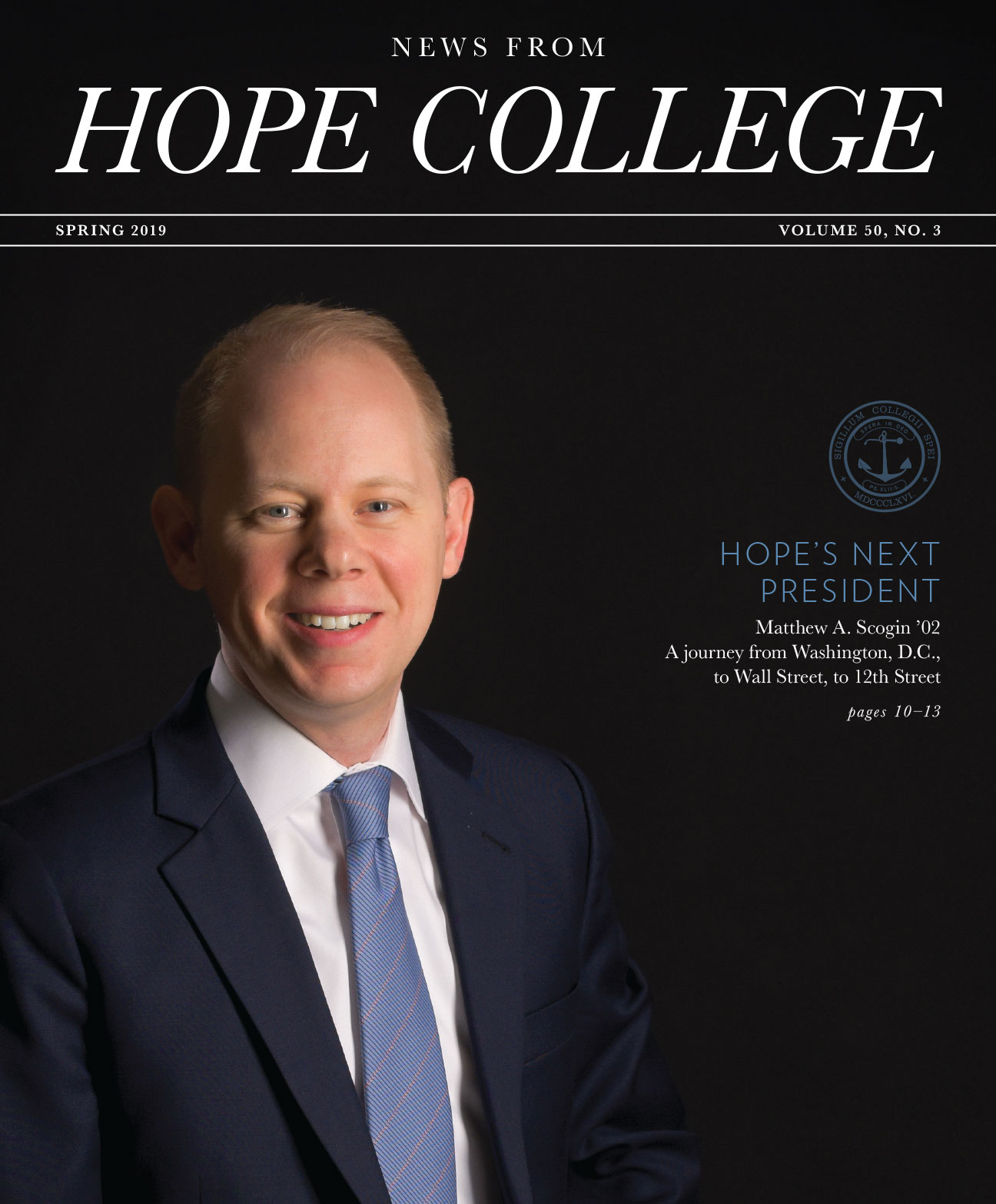
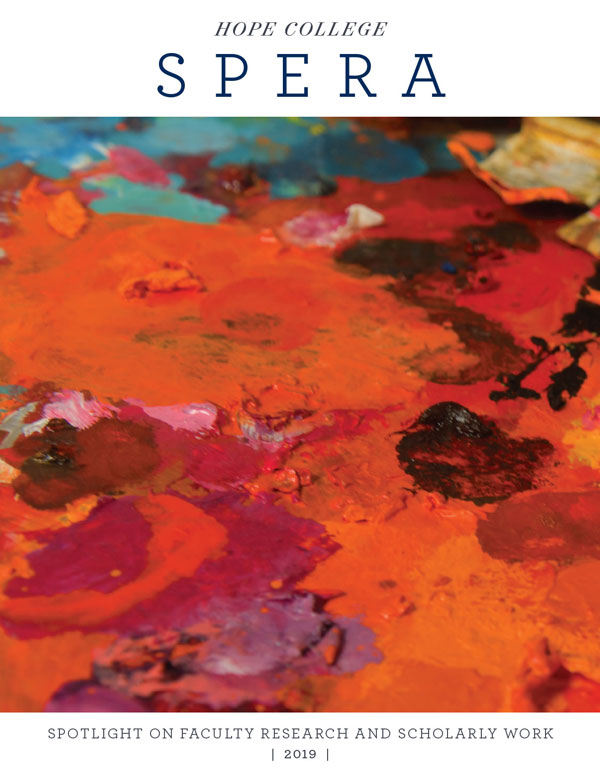
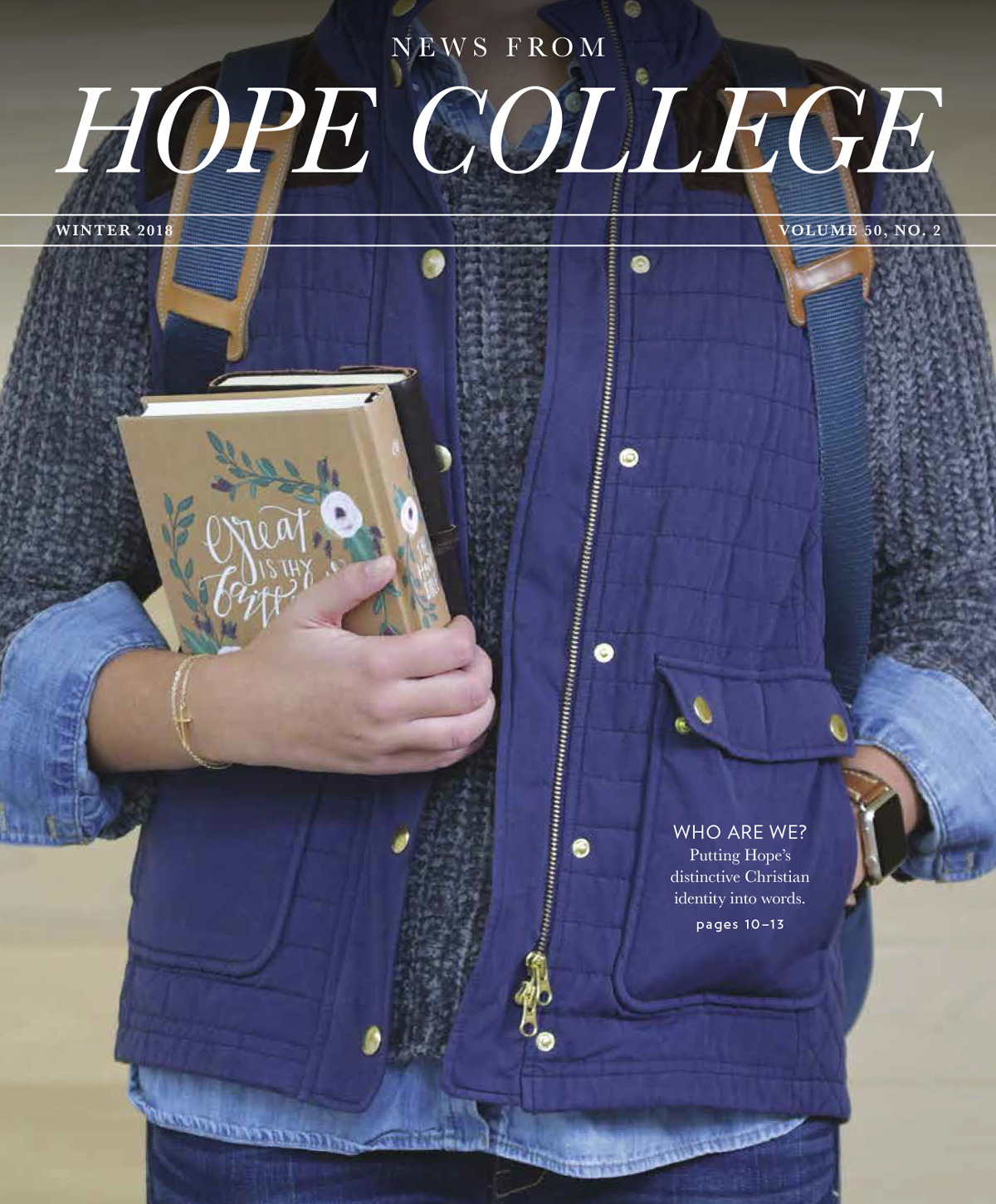
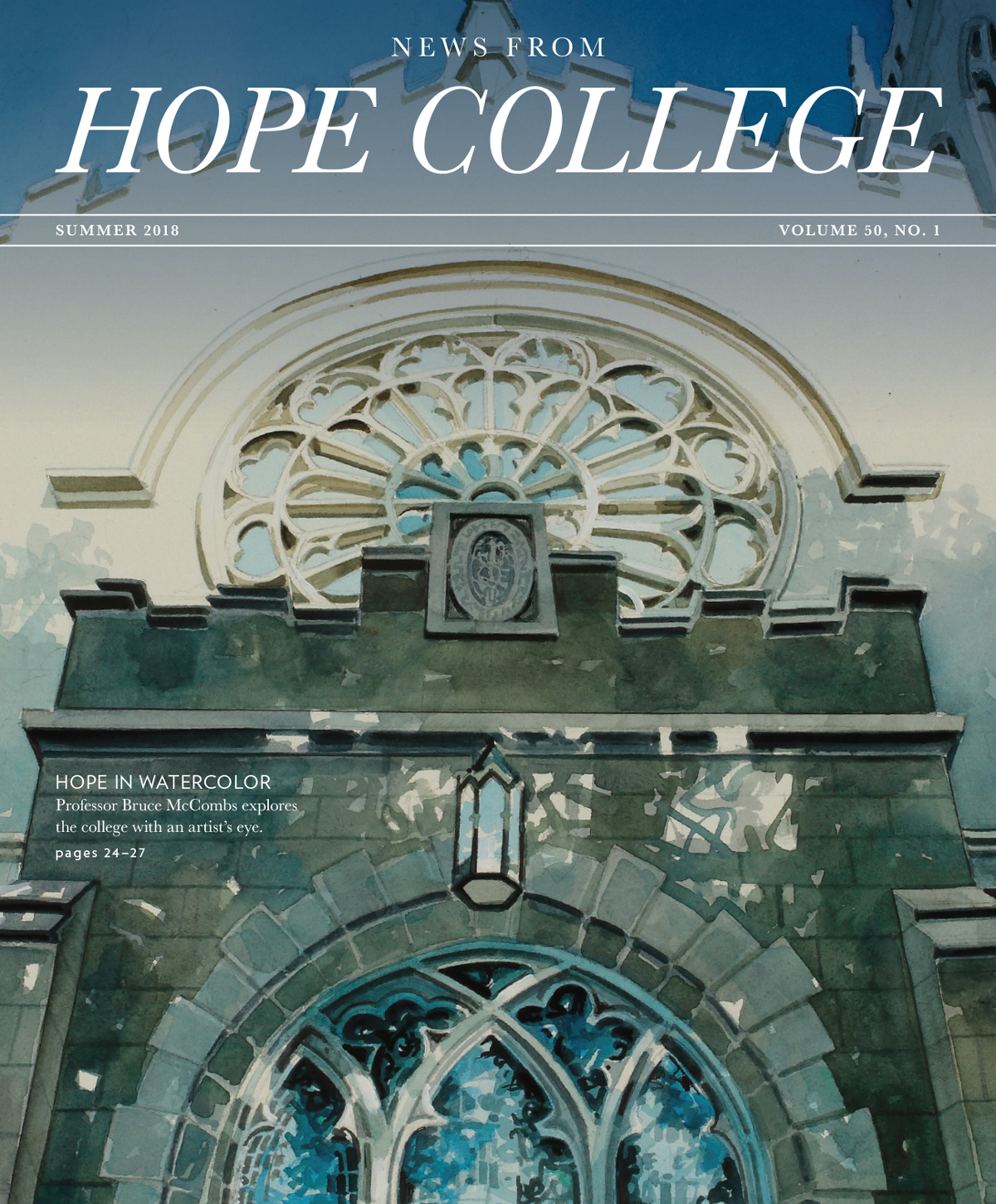
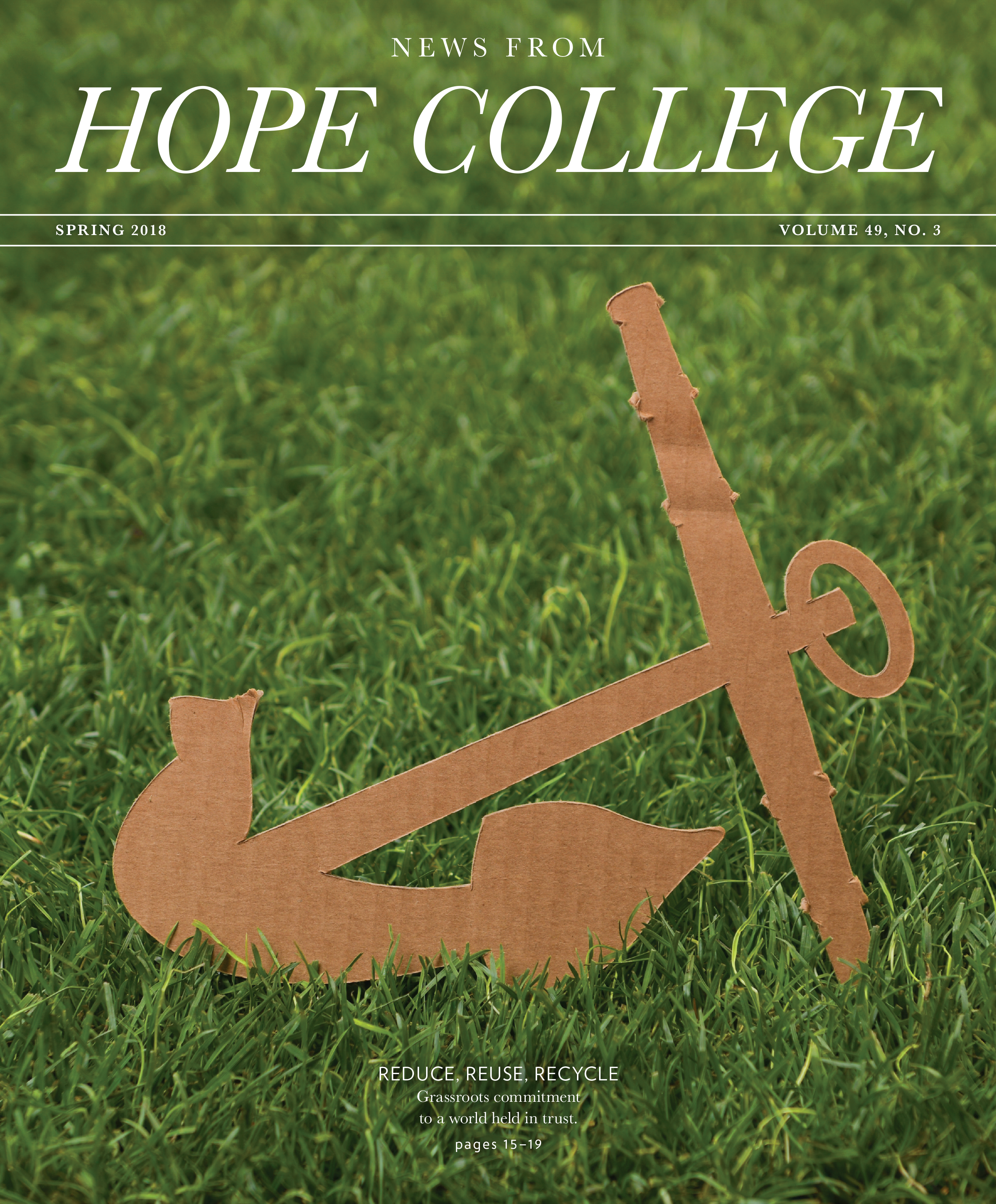
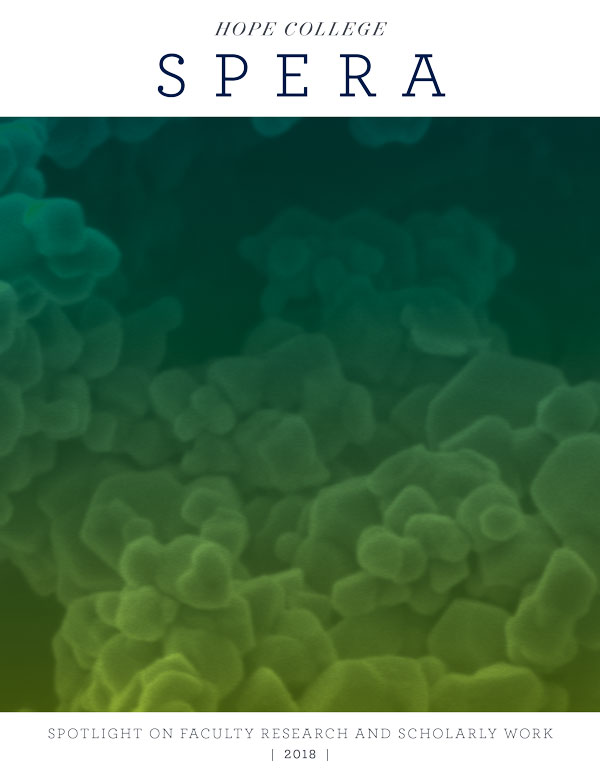
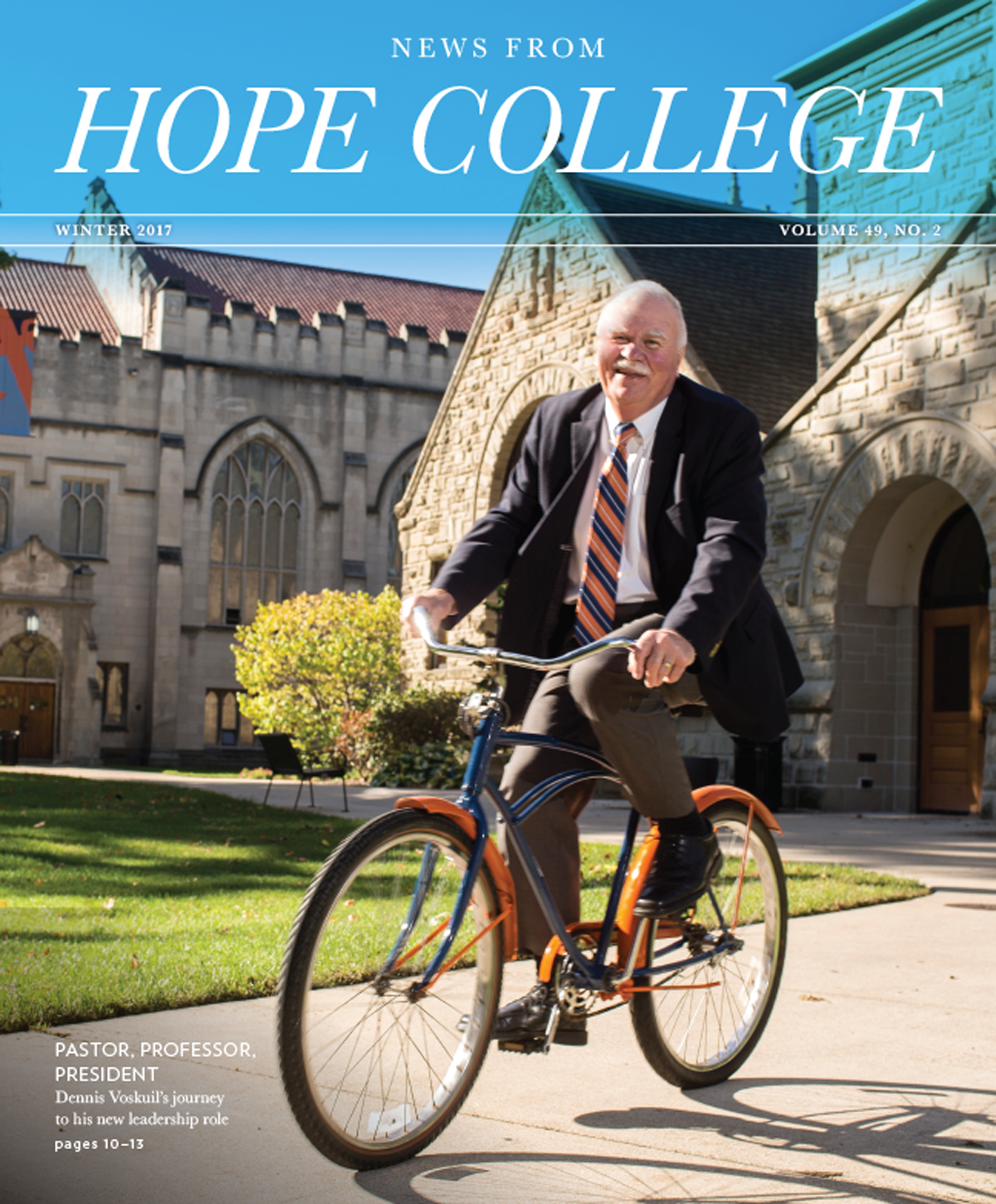
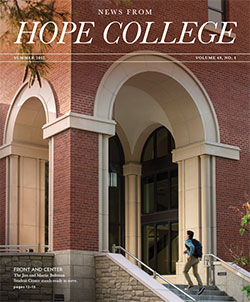
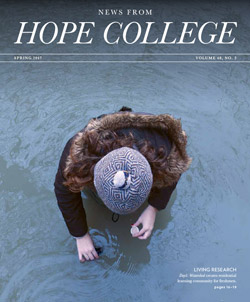
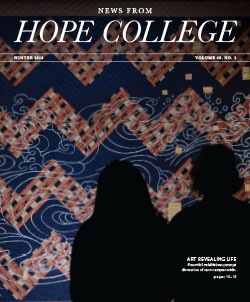
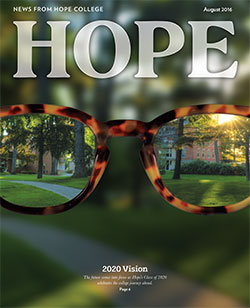
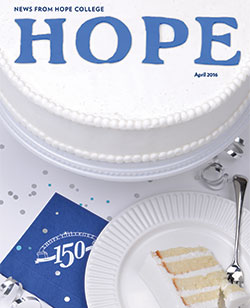
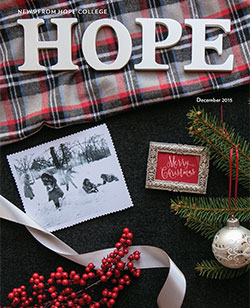
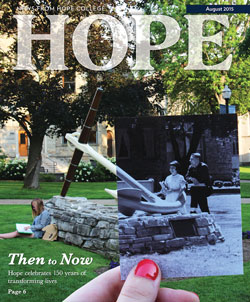
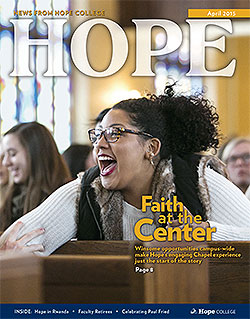
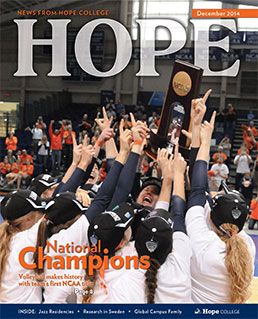
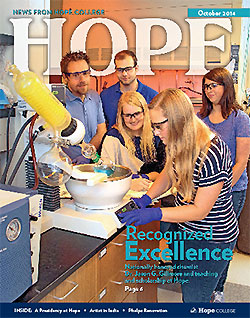

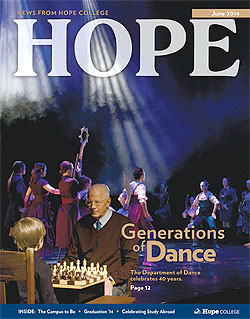
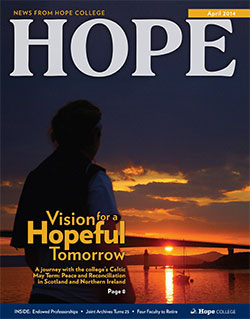
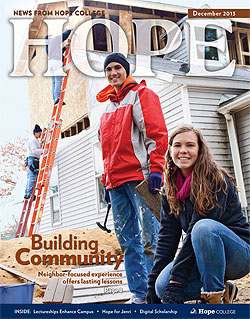

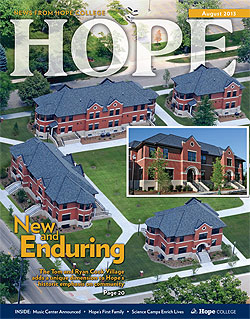

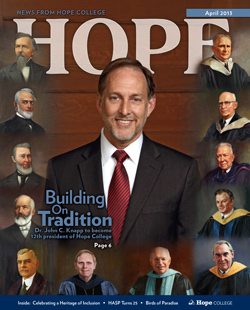
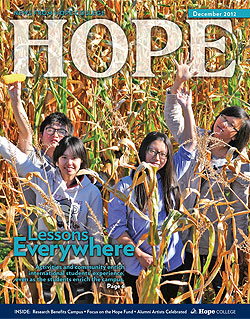
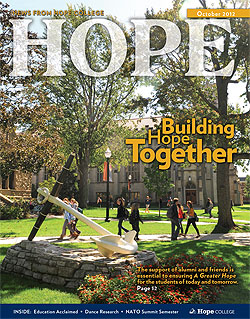
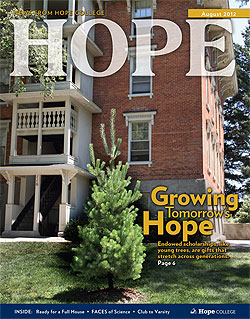
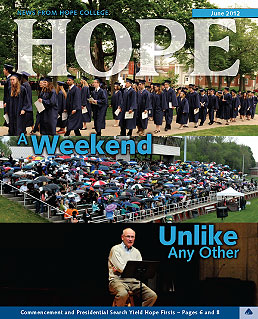


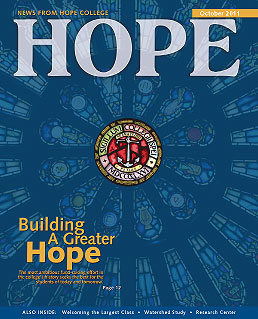
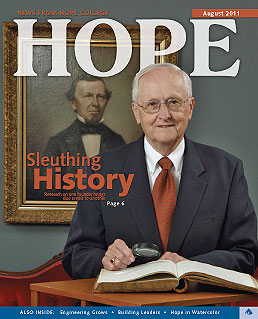
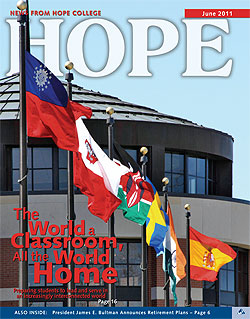
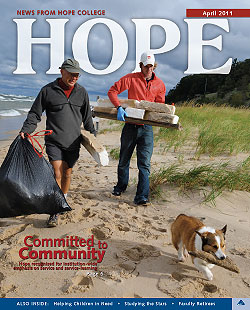
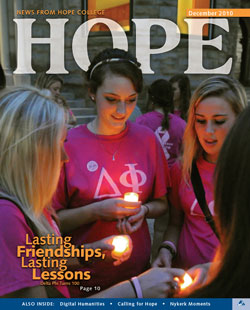

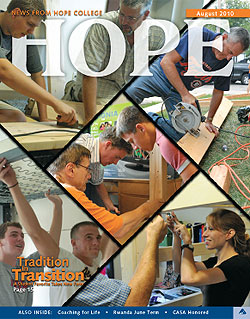
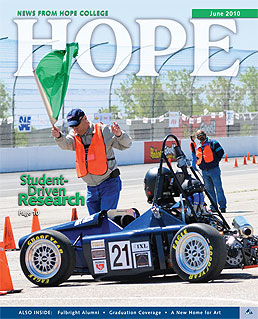
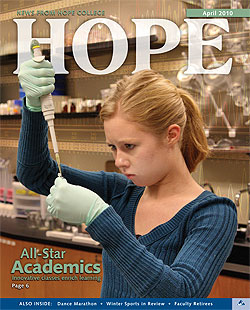
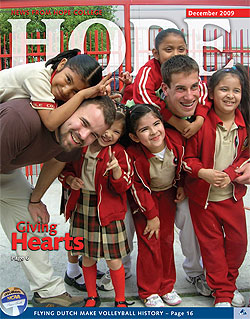
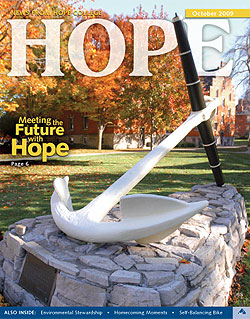

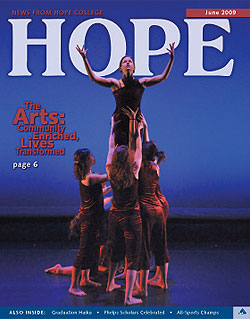
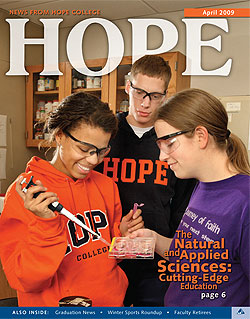

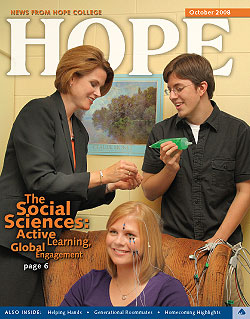

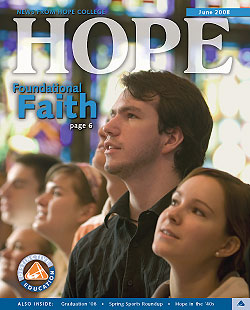
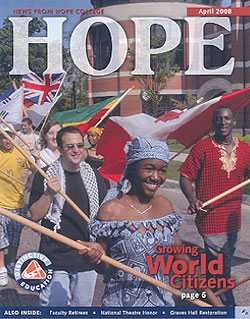
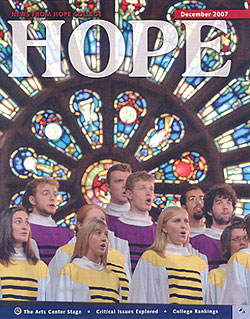
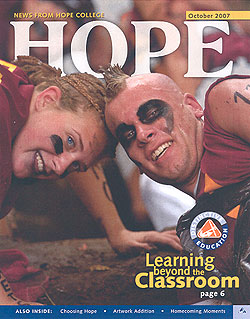
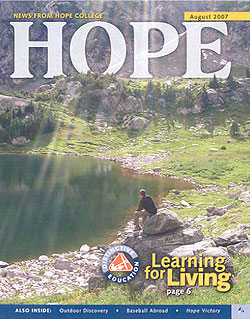
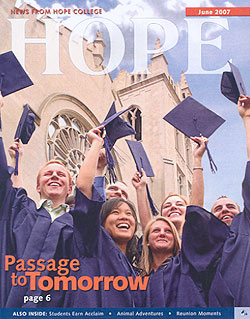
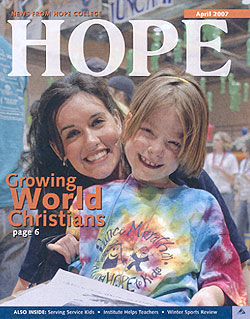
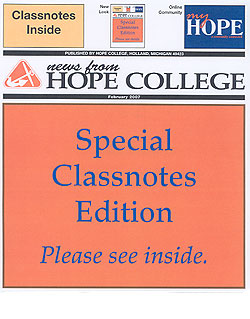
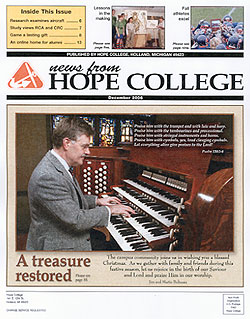
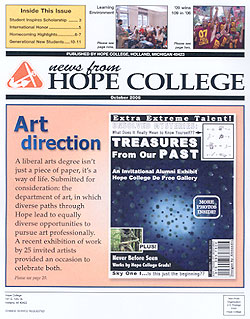
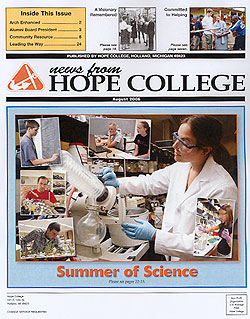
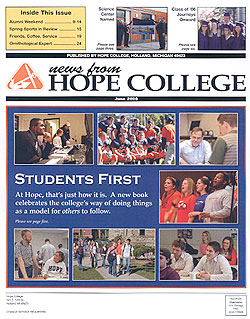
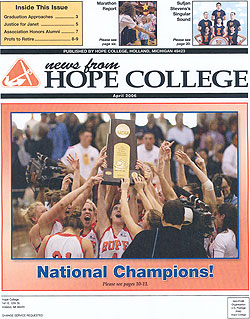
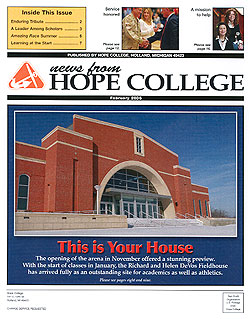
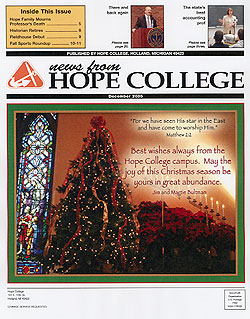
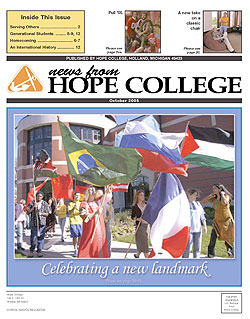
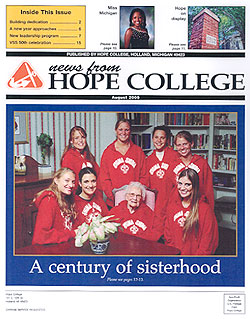
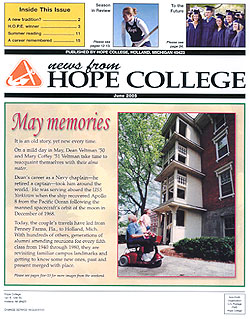
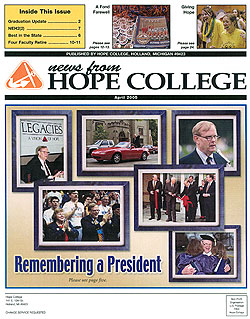
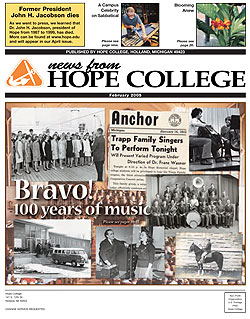
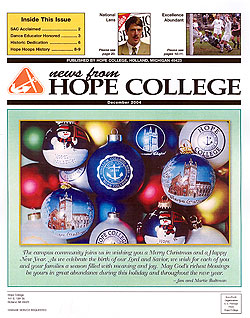

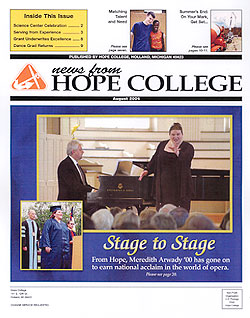
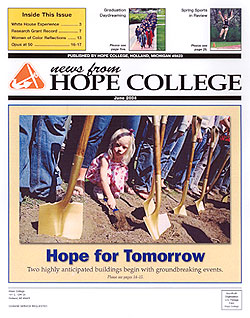
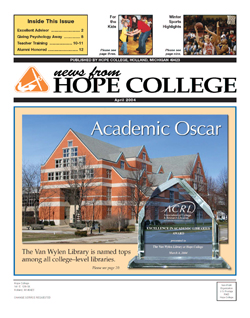
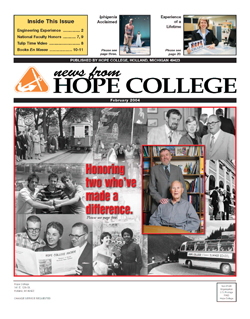
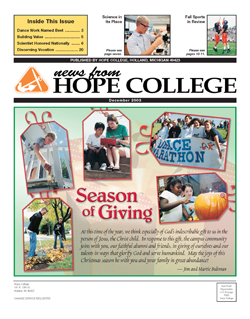
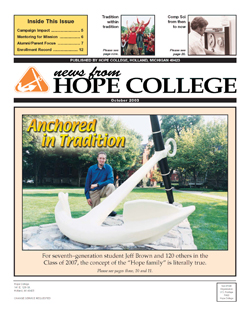
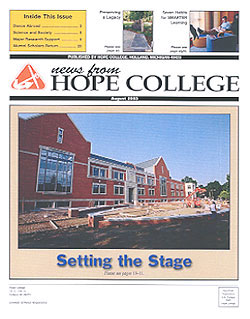
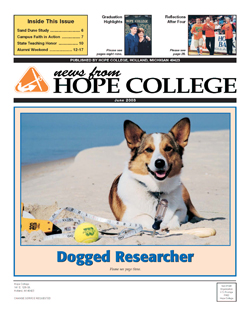
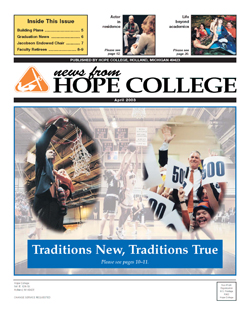
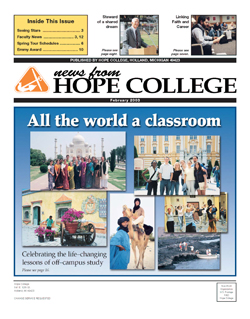


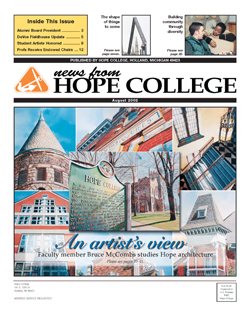
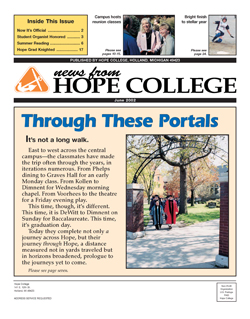
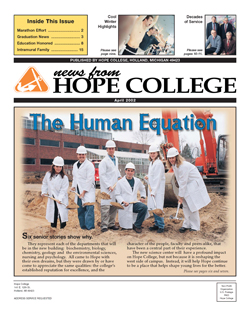
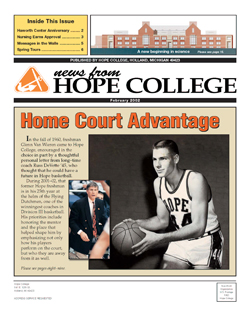
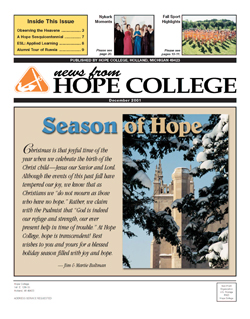
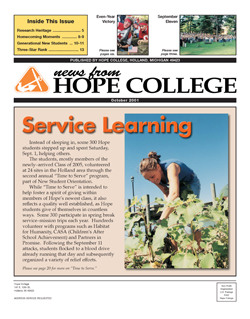
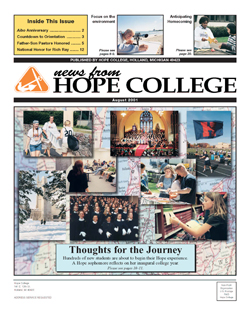
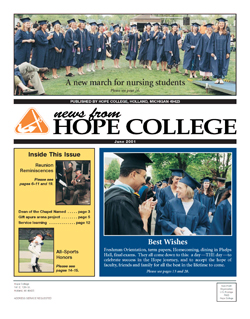

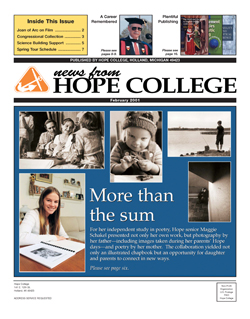
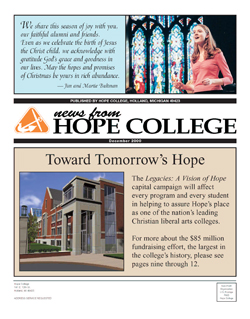
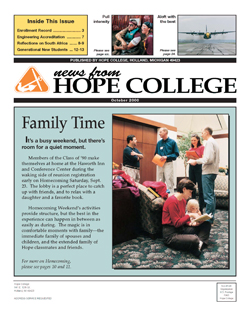
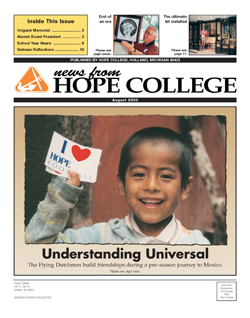
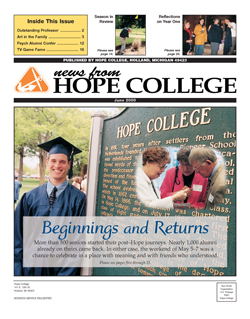
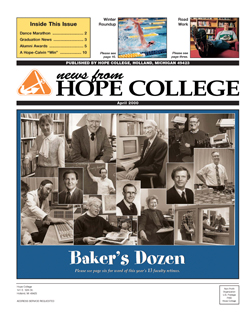
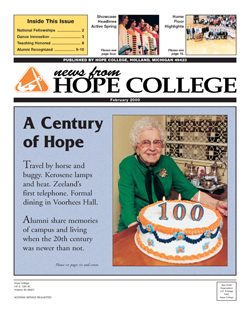
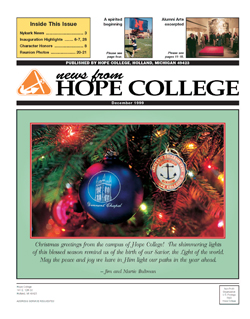
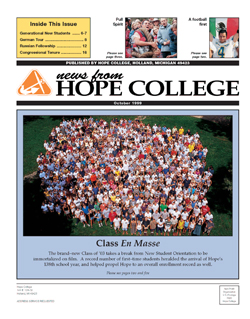


One thought on “Giving Back While Paying Forward”
Comments are closed.